NZIFF 2025 Craccum Coverage | Israel Palestine on Swedish TV 1958-1989
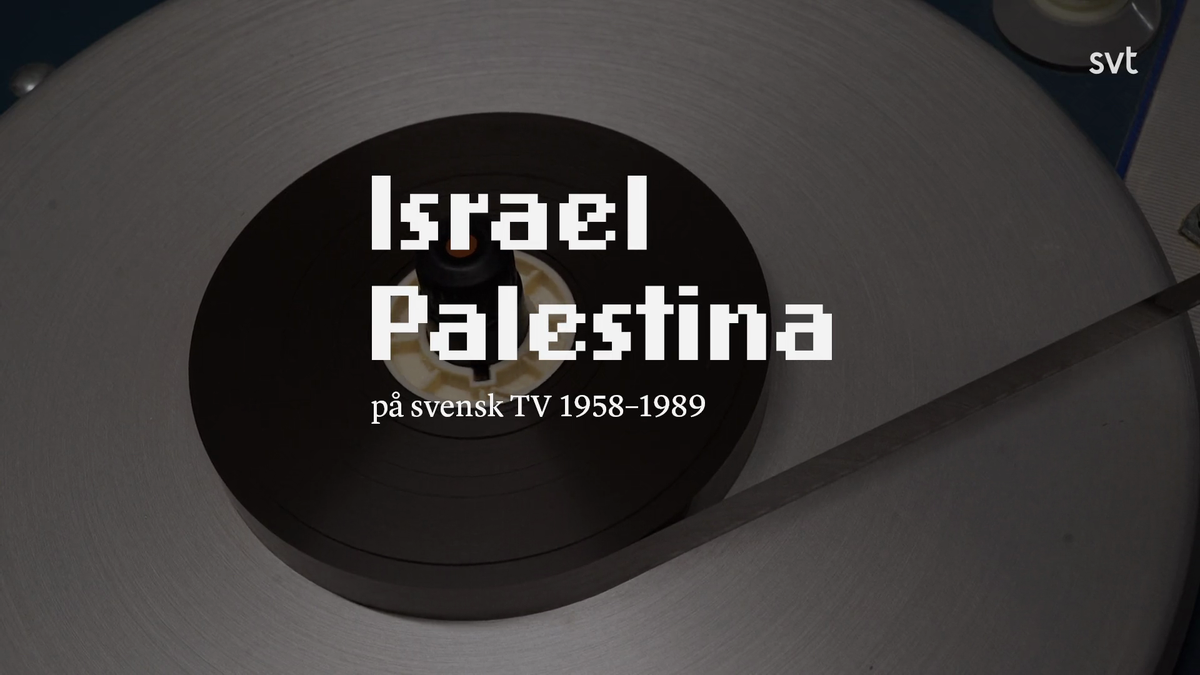
THIS IS NOT A FILM REVIEW.
THIS IS A MONTAGE OF VARIOUS SELECTED TEXTS CURATED BY TREVOR.
YOU CAN WATCH ISRAEL PALESTINE ON SWEDISH TV 1958-1989 FOR FREE ON SOLIDARITY CINEMA.
A PRIORI IS DIALECTICAL, EVERYTHING IS EXPLOSIVE.
DIALECTICS IS A PRIORI, EXPLODE EVERYTHING.
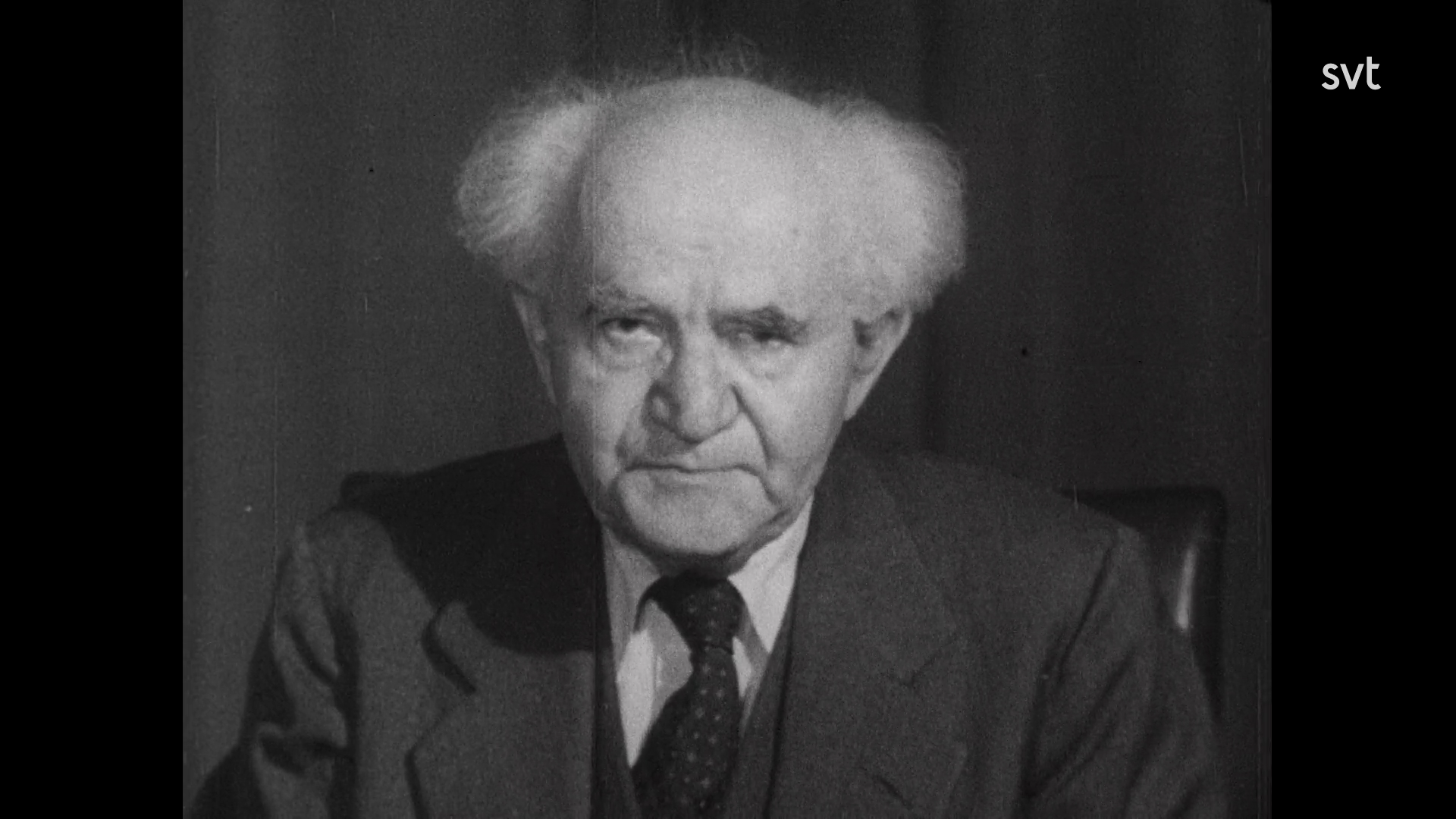
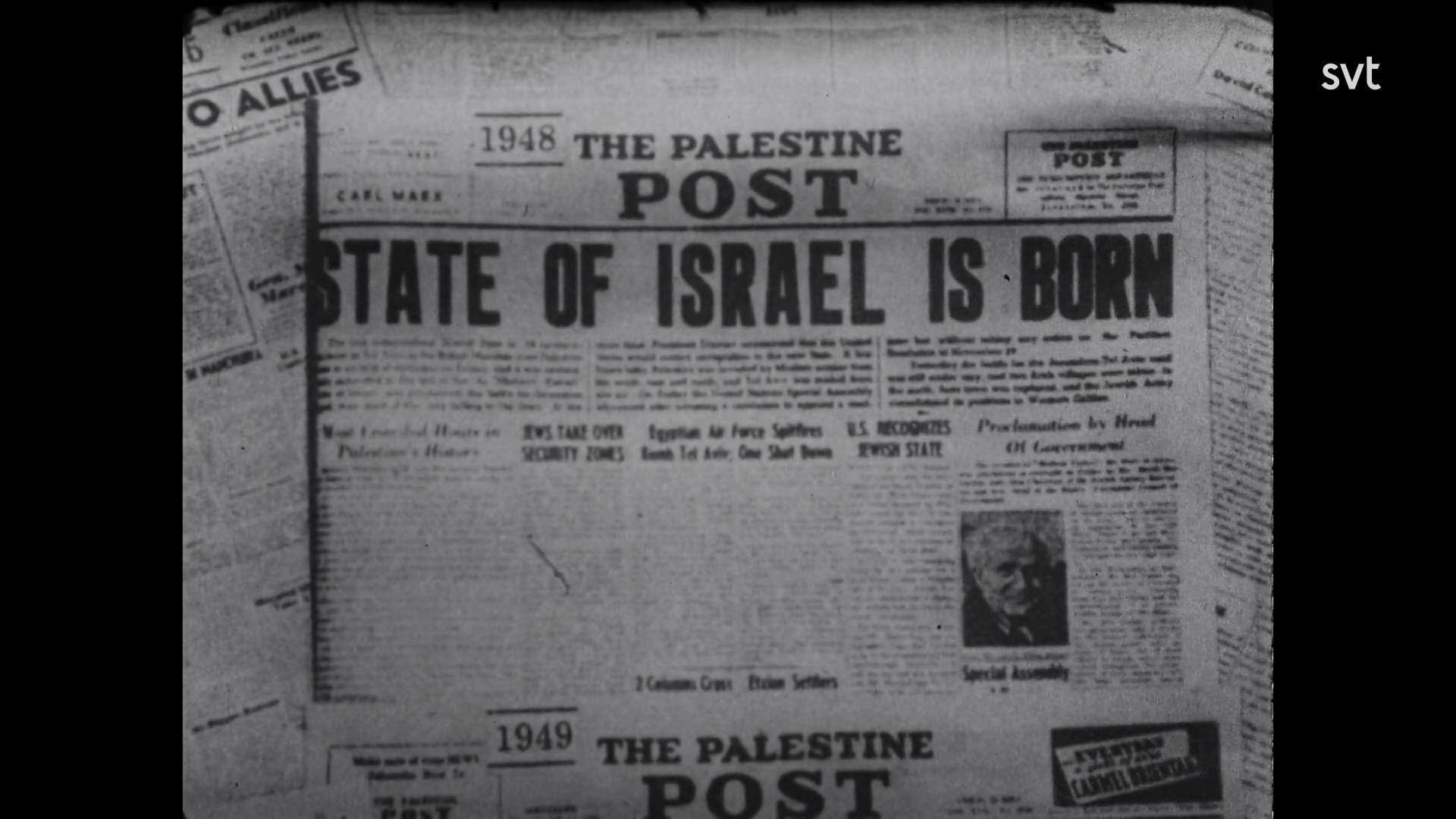
Images courtesy of SVT.
Meta's content enforcement system processes user-submitted reports through different pathways, depending on who is reporting it. Regular users can report posts via the platform’s built-in reporting function, triggering a review. Reported posts are typically first labeled as violating or non-violating by machine-learning models, though sometimes human moderators review them as well. If the AI assigns a high confidence score indicating a violation, the post is removed automatically. If the confidence score is low, human moderators review the post before deciding whether to take action.
Governments and organizations, on the other hand, have privileged channels to trigger content review. Reports submitted through these channels receive higher priority and are almost always reviewed by human moderators rather than AI. Once reviewed by humans, the reviews are fed back into Meta’s AI system to help it better assess similar content in the future. While everyday users can also file [Takedown Requests], they are rarely acted upon. Government-submitted TDRs are far more likely to result in content removal.
Meta has overwhelmingly complied with Israel’s requests, making an exception for the government account by taking down posts without human reviews, according to the whistleblowers, while still feeding that data back into Meta’s AI. A Human Rights Watch (HRW) report investigating Meta’s moderation of pro-Palestine content post-October 7th found that, of 1,050 posts HRW documented as taken-down or suppressed on Facebook or Instagram, 1,049 involved peaceful content in support of Palestine, while just one post was content in support of Israel.
A source within Meta’s Integrity Organization confirmed that internal reviews of their automated moderation found that pro-Palestinian content that did not violate Meta’s policies was frequently removed. In other cases, pro-Palestinian content that should have been simply removed was given a “strike,” which indicates a more serious offense. Should a single account receive too many strikes on content that it publishes, the entire account can be removed from Meta platforms.
When concerns about overenforcement against pro-Palestinian content were raised inside the Integrity Organization, the source said, leadership responded by saying that they preferred to overenforce against potentially violating content, rather than underenforce and risk leaving violating content live on Meta platforms.
(…)
Meta’s Director of Public Policy for Israel and the Jewish Diaspora, Jordana Cutler, has also intervened to investigate pro-Palestine content. Cutler is a former senior Israeli government official and advisor to Prime Minister Benjamin Netanyahu. Cutler has reportedly used her role to flag pro-Palestine content. According to internal communications reviewed by Drop Site, as recently as March, Cutler actively instructed employees of the company to search for and review content mentioning Ghassan Kanafani, an Arab novelist considered to be a pioneer of Palestinian literature. Immediately prior to joining Meta as a senior policymaker, she spent nearly three years as Chief of Staff at the Israeli Embassy in Washington, D.C—and nearly five years serving as deputy to one of Netanyahu’s senior advisors, before becoming Netanyahu’s advisor on Diaspora Affairs.
According to internal information reviewed by Drop Site, Cutler has continued to demand the review of content related to Kanafani under Meta’s policy “Glorification, Support or Representation” of individuals or organizations “that proclaim a violent mission or are engaged in violence to have a presence on our platforms.” Kanafani, who was killed in a 1972 car bombing orchestrated by the Mossad, served as a spokesperson for the left-wing Palestinian nationalist group, the Popular Front for the Liberation of Palestine (PFLP). The PFLP was designated as a terrorist group over a quarter century after he was killed, which, according to Meta’s guidelines and Cutler’s efforts, serves as a basis to flag his content for removal, strikes, and possible suspension.
- Waqas Ahmed, Nicholas Rodelo, Ryan Grim & Murtaza Hussain, Leaked Data Reveals Massive Israeli Campaign to Remove Pro-Palestine Posts on Facebook and Instagram, Drop Site News, 12 April 2025
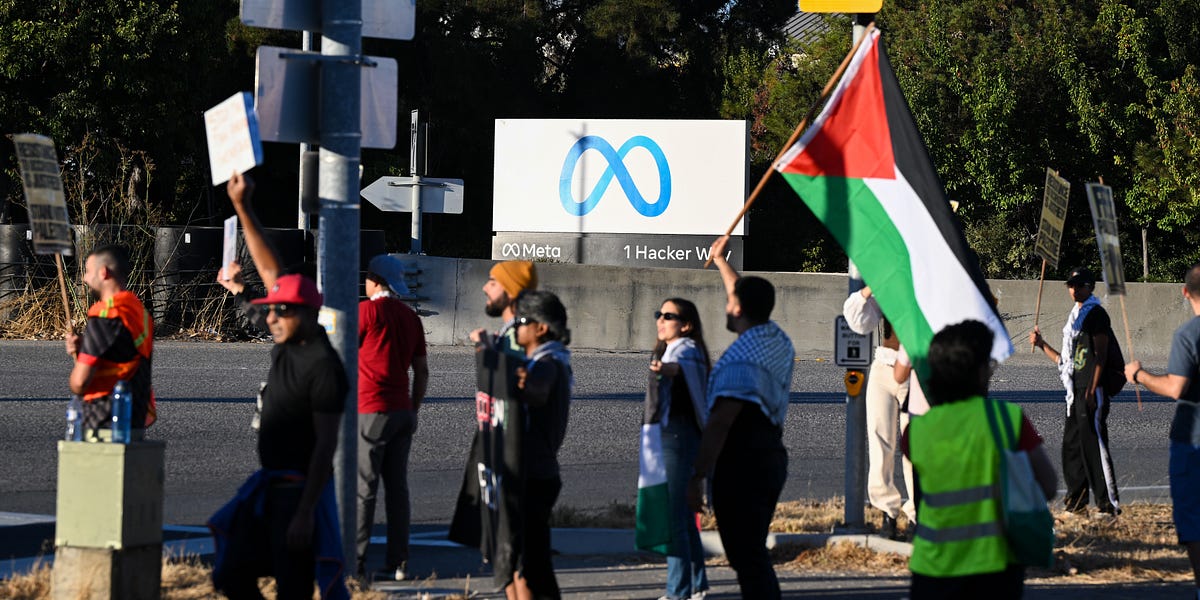
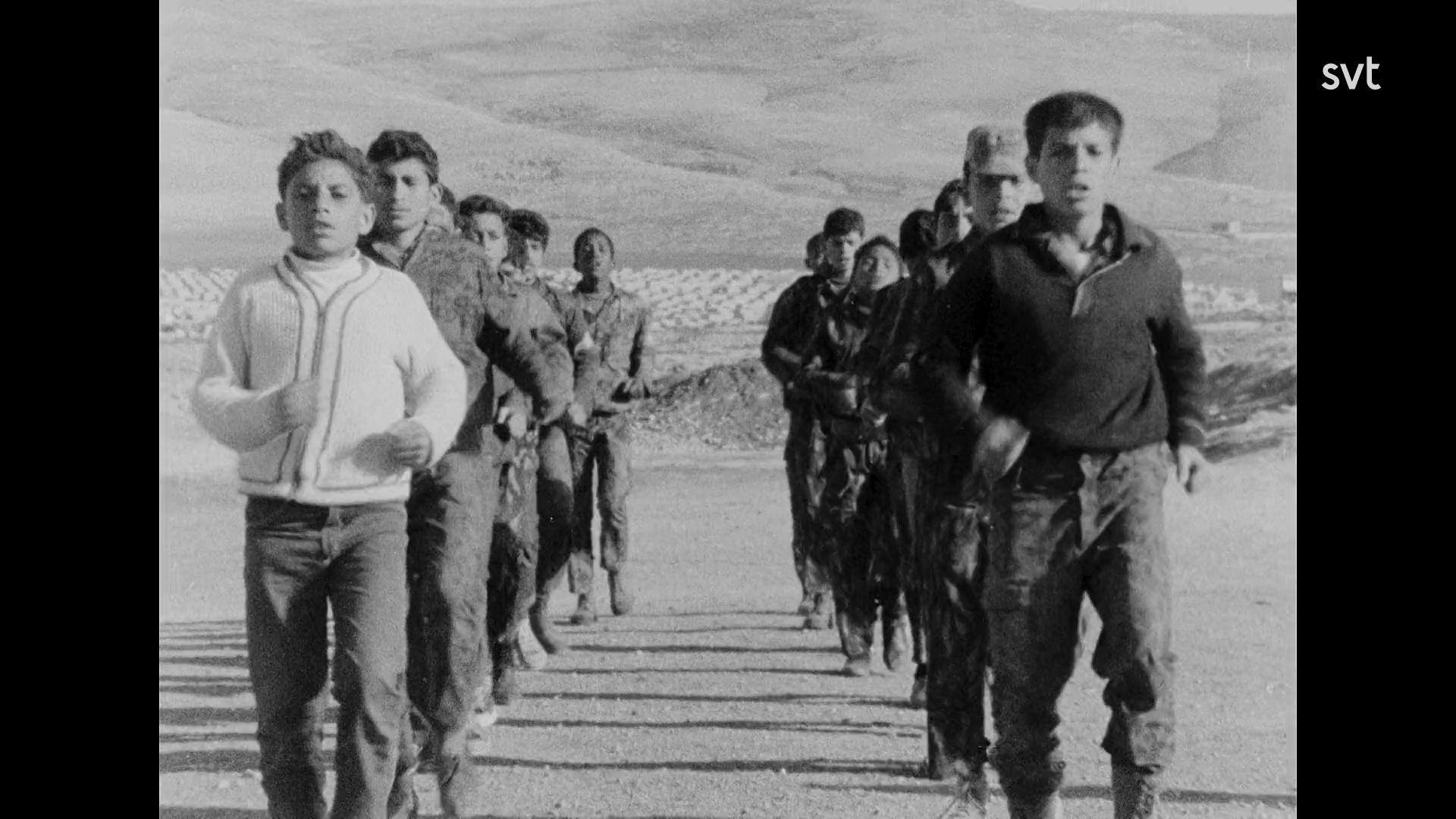
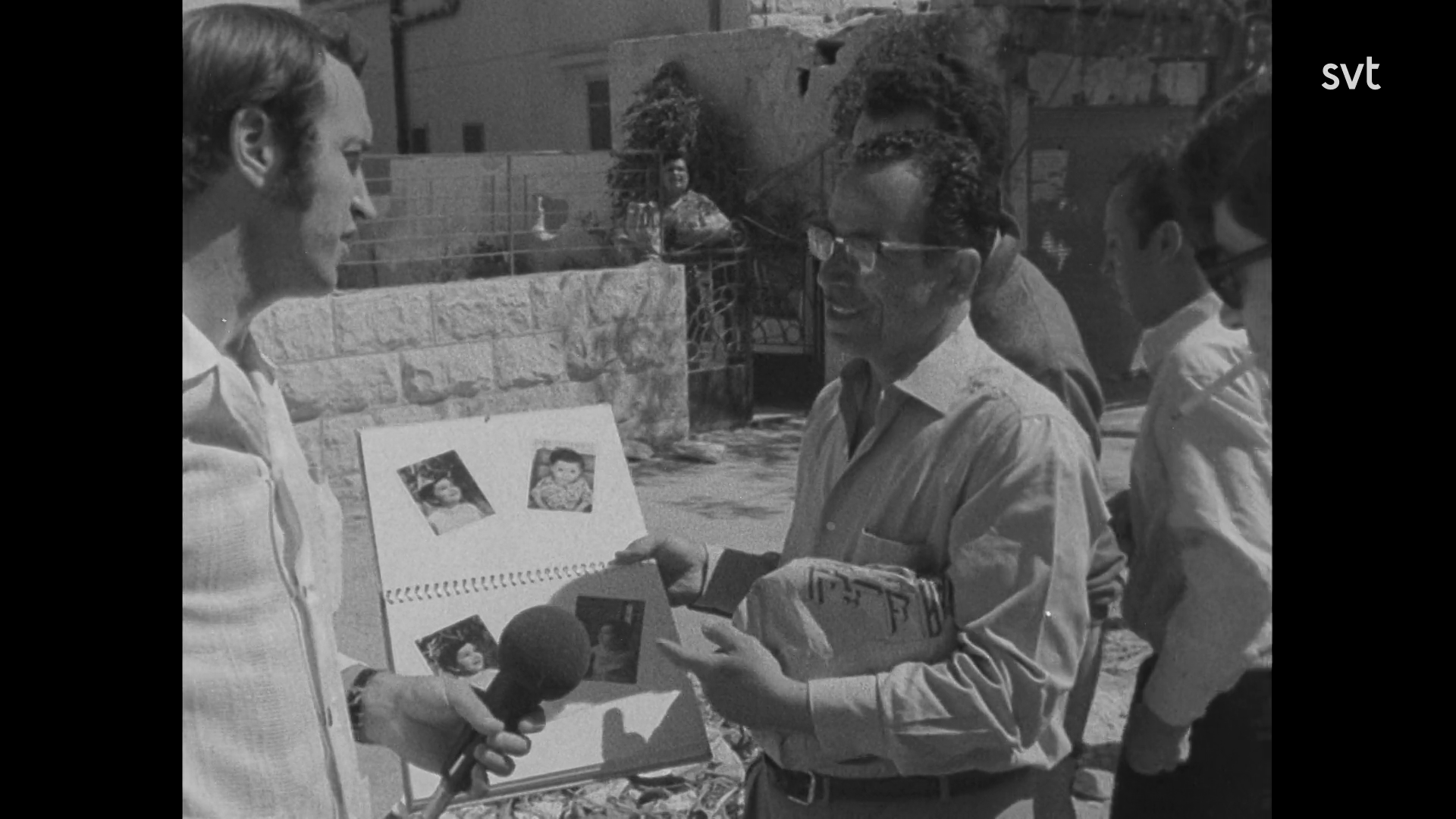
Images courtesy of SVT.
Richard Carleton: It does seem that the war, the [Jordan] civil war, has been quite fruitless—
Ghassan Kanafani: It's not a civil war. It's a people defending themselves against a fascist government, which you are defending because King Hussein has an Arab passport. It's not a civil war.
Carleton: Well, a conflict, a—
Kanafani: It's not a conflict. It's a liberation movement fighting for justice.
Carelton: Well whatever it be best called—
Kanafani: It's not 'whatever' because this is where the problem starts, because this is what makes you ask all your questions. This is exactly where the problem starts. This is a people who is discriminated [against], and is fighting for his rights; this is historic. If you will say it's a civil war, then your questions will be justified. If you say it's a conflict, then of course it's a surprise to know what's happening.
Carleton: Why won't your organization engage in peace talks with Israelis?
Kanafani: You don't mean exactly peace talks. You mean capitulation, surrendering.
Carleton: Why not just talk?
Kanafani: Talk to whom?
Carleton: Talk to the Israeli leaders.
Kanafani: That's [a] kind of conversation between the sword and the neck, you mean.
Carleton: Well, if there are no swords and no guns in the room, you could still talk.
Kanafani: No, I [have] never seen any talk between a colonialist case and a national liberation movement.
Carleton: But despite this, why not talk?
Kanafani: Talk about what?
Carleton: Talk about the possibility of not fighting.
Kanafani: Not fighting for what?
Carleton: Not fighting at all no matter what for.
Kanafani: Young people usually fight for something and they stop fighting for something, [and] you can't tell me even why should we speak 'about what?', or stop 'for what?'—
Carleton: —[to] stop fighting—
Kanafani: —or talk about 'stop fighting'. Why?
Carleton: Talk to stop fighting, to stop the death and the misery, the destruction, the pain.
Kanafani: The misery and the destruction and the pain and the death of whom?
Carleton: Of Palestinians or Israelis, of Arabs.
Kanafani: Of the Palestinian people who are uprooted, thrown in the camps, living in starvation, killed for 20 years and forbidden to use even the name Palestinians?
Carleton: They're better that way than dead though.
Kanafani: Maybe to you. But to us, it's not. To us, to liberate our country, to have dignity, to have respect, to have our mere human rights, is something as essential as life itself.
- ABC's Richard Carleton interviewing Ghassan Kanafani, ABC News, 1970
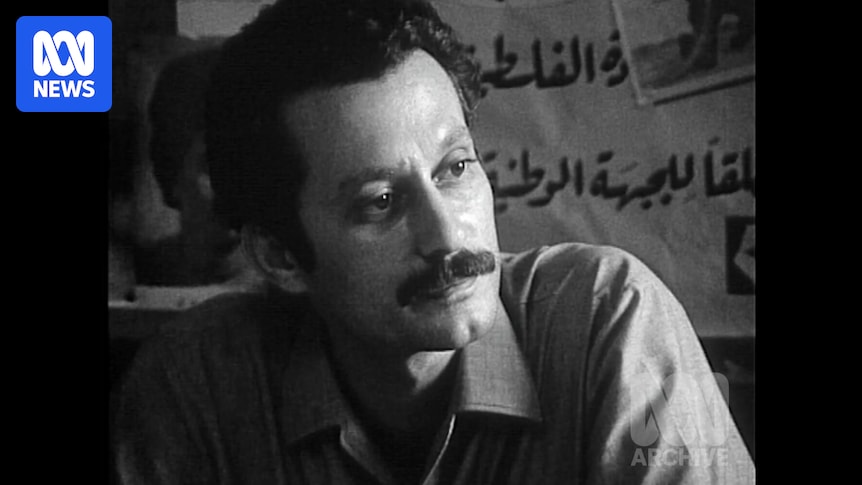
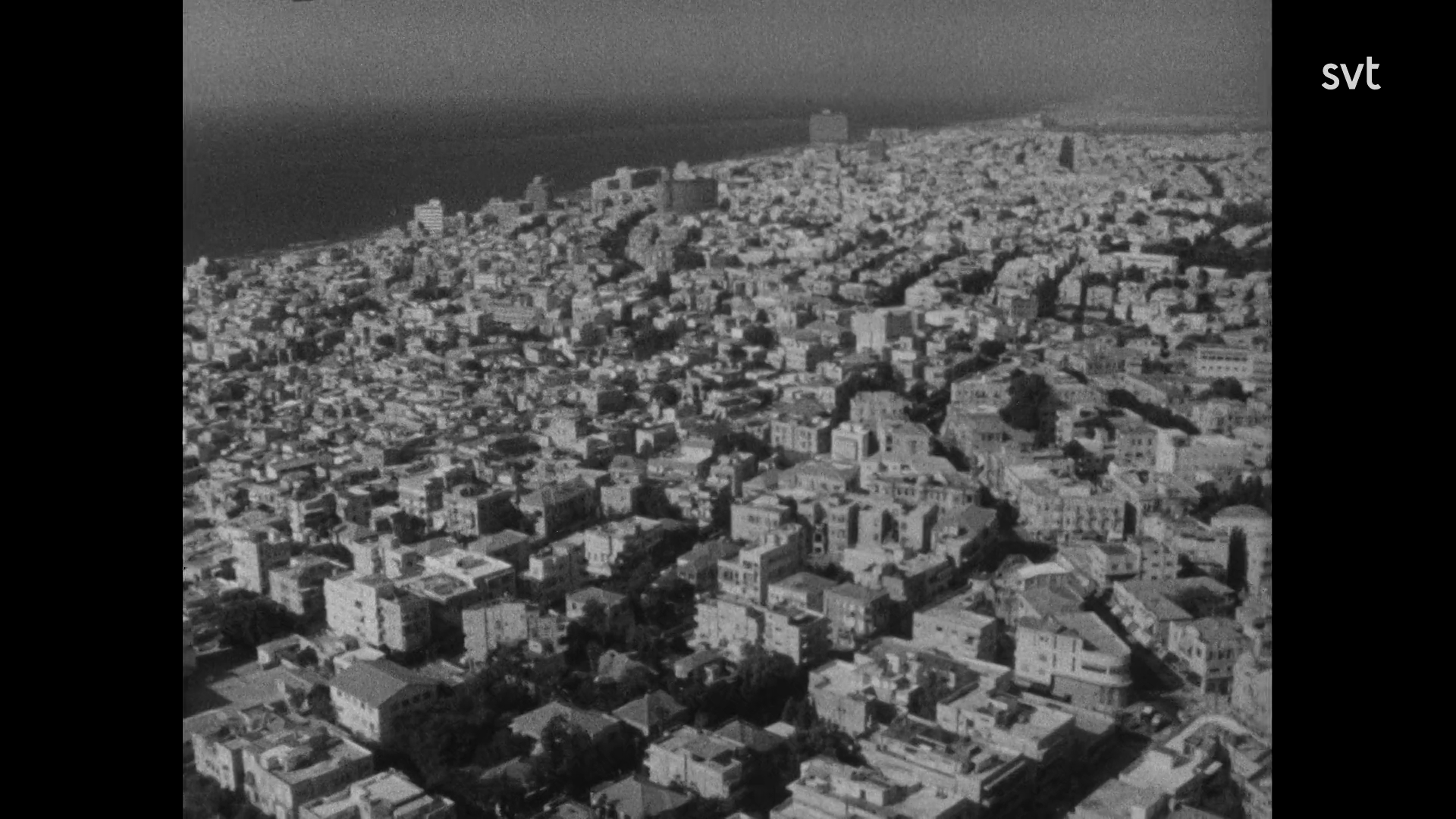
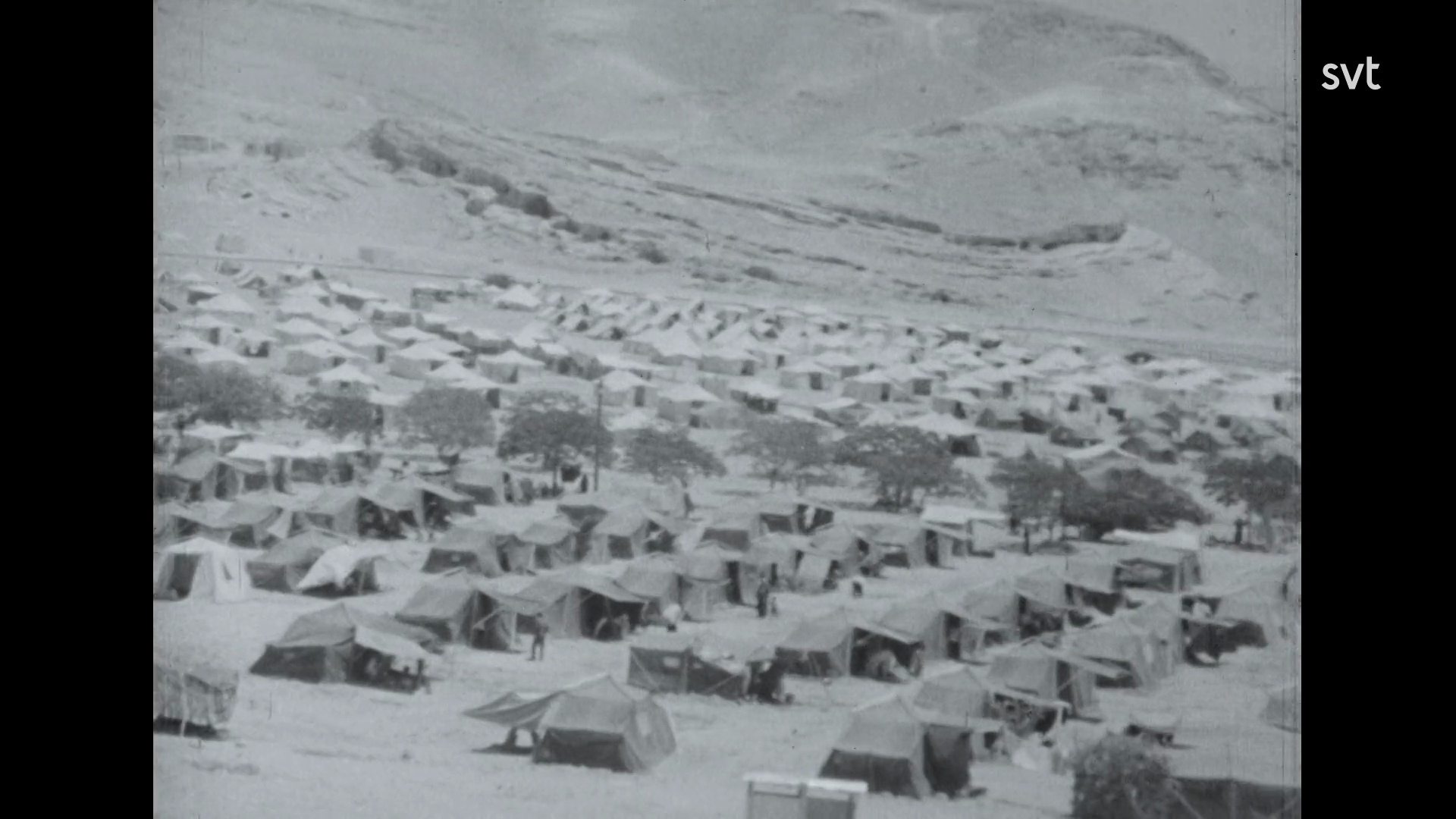
Images courtesy of SVT.
At least 52 paid advertisements from Israeli real estate companies were found promoting property sales in settlements across the occupied West Bank, targeting buyers from across Israel as well as some users in the UK and the United States. These advertisements were first published in March 2024, and many remain active on Facebook.
“We have robust processes and teams to review ads, and our ad review system is designed to review ads before they go live,” Meta told Al Jazeera. “This system relies primarily on automated technology to apply our Advertising Standards to the millions of ads that run across our apps, while relying on our teams to build and train these systems, and in some cases, to manually review ads.”
Among the advertisements identified by Al Jazeera were at least four promoting property sales in the illegal Israeli settlement of Ariel, 20km (12 miles) east of the Green Line in the occupied West Bank. The listings, written in Hebrew and targeting Israeli Facebook users, were paid for by a Facebook page called “Ramat Aderet”, which describes itself as offering “penthouses for a perfect quality of life”.
According to the website, the Ramat Aderet (Hillside Crown) project is “two neighbourhoods – north and south – with a total of 27 … buildings of between 4 to 8 floors. The apartments provide a complete urban living experience in a perfect neighbourhood.” The company has a valuation of $300m, according to PitchBook, a research firm and financial data provider.
Ramat Aderet did not respond to Al Jazeera’s request for comment.
The real estate company selling apartments and houses in Ariel is Ram Aderet, which has received financing from the First International Bank of Israel.
Another 48 advertisements were posted by Gabai Real Estate, advertising homes in the occupied West Bank settlement of Ma’ale Adumim and the Efrat settlement.
These homes are part of an expansion approved in March 2024 by Israel’s “Higher Planning Committee”, which is overseen by far-right Finance Minister Bezalel Smotrich, who, since 2023, no longer needs political or military approvals for expansion plans.
Yaniv Gabbay, the co-owner of Gabai Real Estate, told Al Jazeera: “Unfortunately, we were only able to post 48 ads because our budget is limited, and we advertise on many different platforms. But as we sell more homes to Jews returning home to Judea, our advertising budget will increase, and we can post more.”
(…)
The advertisements attempt to portray living in the settlements as idyllic. One lists an eight-bedroom mansion with a “huge garden, large succah area (seats 50+), above-ground pool, Jacuzzi, sauna, cold plunge, and breathtaking desert mountain views… A dream home just 20 minutes from Jerusalem! Don’t miss out!”
(…)
Al Jazeera also identified 50 advertisements posted by Regavim, a far-right settler group founded by Smotrich in 2006, that has called for the destruction of Palestinian homes, schools, and a children’s water park. The group receives funding from the Israeli government via the West Bank settlement councils, and also Amana, another pro-settlement organisation sanctioned by the UK and US governments.
One advertisement celebrated the demolition of a Palestinian school, boasting: “Following our petition, Civil Administration forces tore down an illegal Palestinian school built in the Herodian Nature Reserve… This school is only one out of more than 100 illegal school buildings.”
Another advertisement called for a Palestinian water park to be demolished, claiming: “Palestinians are enjoying themselves at our expense.”
Regavim defended the campaign against the school, saying it was “built for the sole purpose of creating confrontation”.
- Caolán Magee, Meta profits as ads promote illegal Israeli settlements in West Bank, Al Jazeera, 31 March 2025

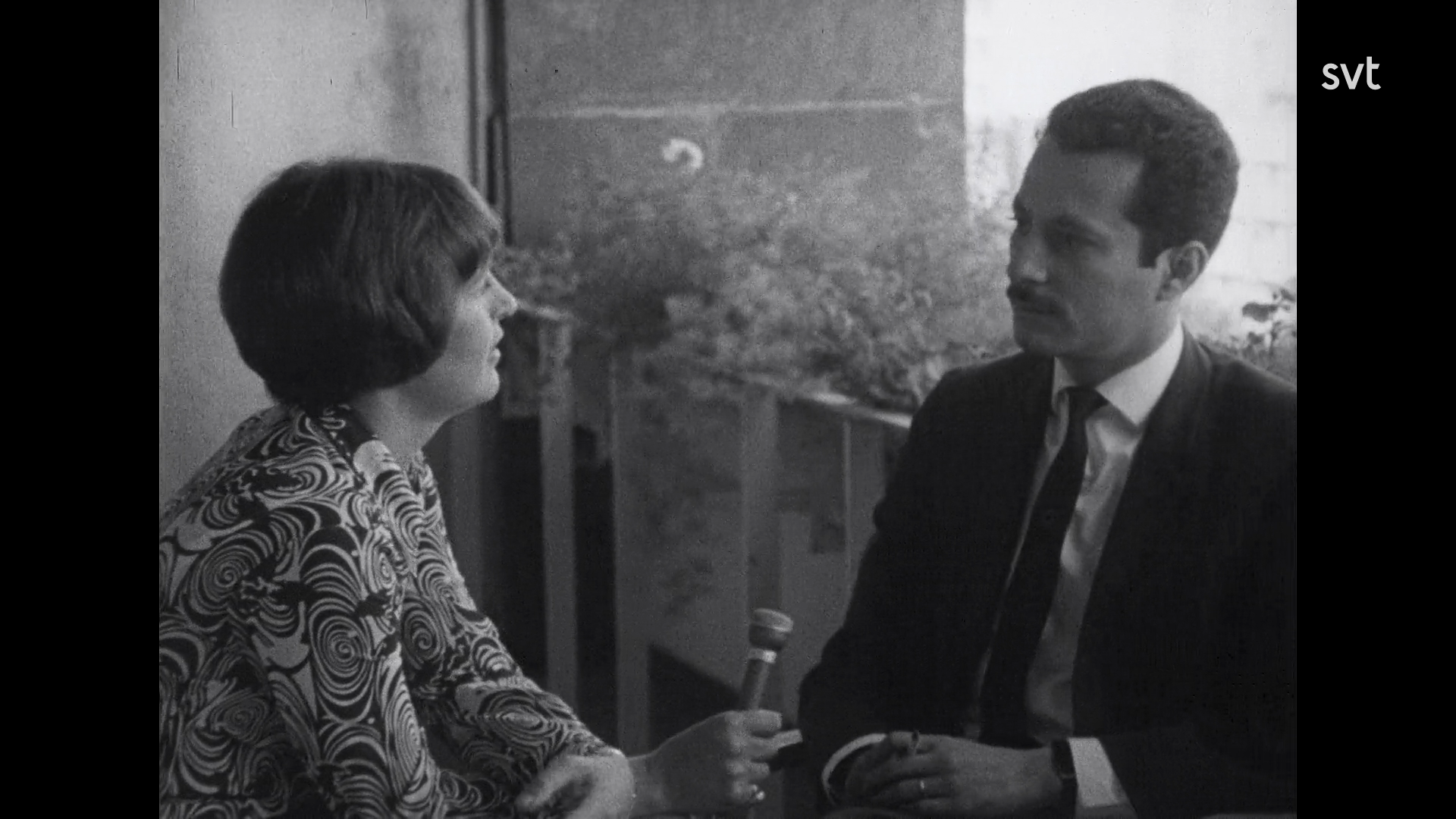
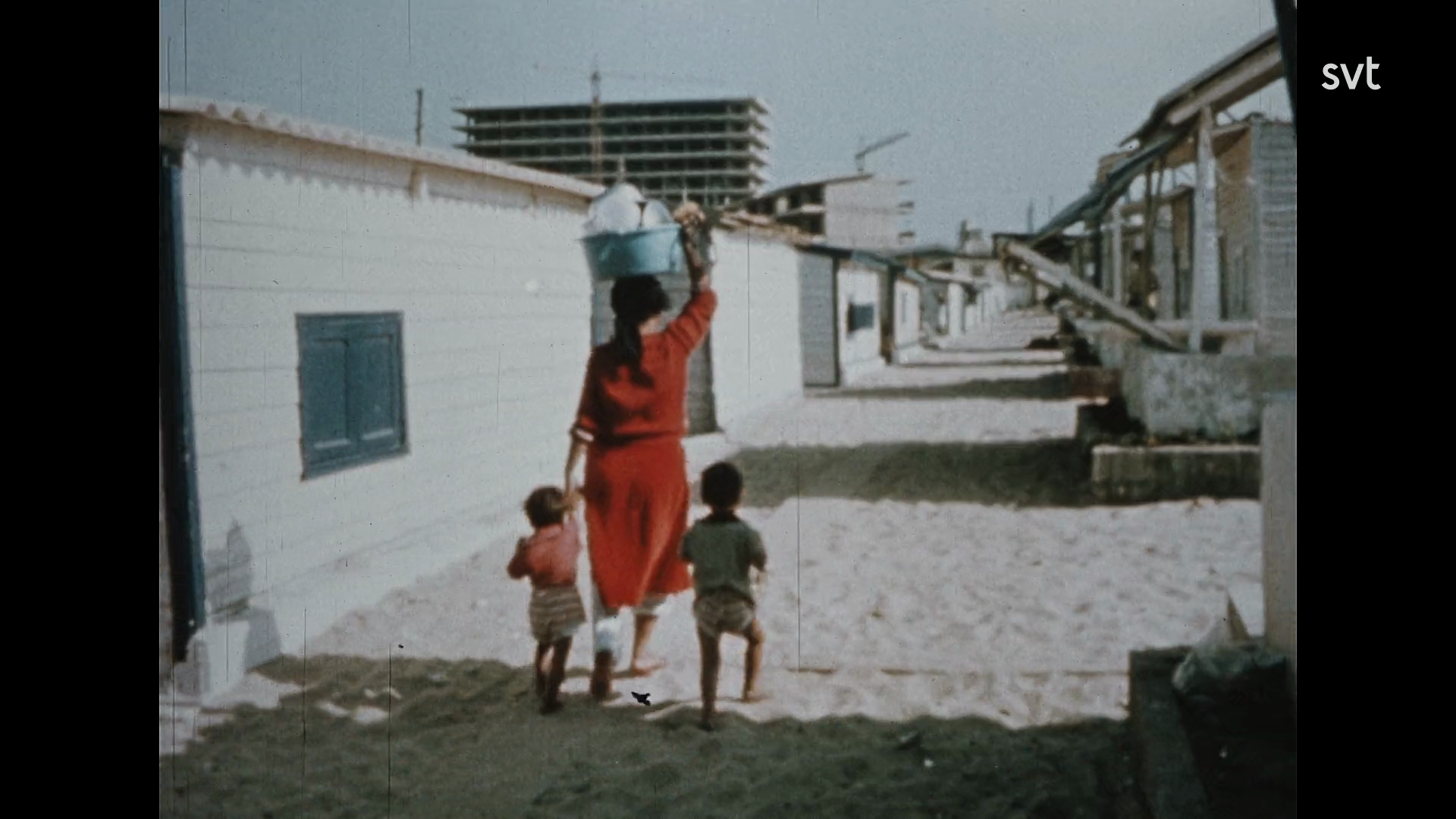
Images courtesy of SVT.
Before leaving for his office, he fixed the electric train for our son Fayez and his two cousins. The three of them were playing inside the house that morning. Lamees, Ghassan's niece, was to go down-town with her uncle for the first time since she had arrived from Kuwait with her mother and brothers one week before; she was going to visit her cousins in Beirut—she never got there. Two minutes after Ghassan and Lamees had kissed us good-bye there was a dreadful explosion.
All the windows in the house were blown out. I ran down, only to find the burning remains of our small car. We found Lamees a few meters away, Ghassan wasn't there. I called his name then I discovered his left leg. I stood paralyzed, while Fayez knocked his head against the wall and our daughter Laila cried again and again: 'Baba, Baba…
Still I had a small hope that maybe he was only seriously injured… They found him in the valley beside our house and took him away—I had no chance to see him again.
Usamah sat beside the body of his dead sister, telling her, 'Don't worry, Lamees, you'll be all right and you'll teach me English again, like before…'
In the evening our little Laila told me: 'Mama, I asked Baba to take me in the car and buy chocolate, but he was busy and gave me a bar he had in his pocket. Then he kissed me and told me to go home. I sat on the steps of our house to eat the chocolate, then there was a big bang. But Mama, it wasn't his fault—the Israelis put the bomb in Baba's car.'
(…)
The assassination happened on the morning of Saturday, July 8. The day before, Ghassan had taken Fayzeh, Lamees, me and the children to the beach. We were eight people in the car—it could have happened that day… That same evening he came home early, something he had been doing for the preceding two weeks.
Love of life necessitates violence. Ghassan wasn't a pacifist. He was killed in the class-struggle like Karl Liebknecht, Rosa Luxemburg, Ernst Thalmann, Lumumba and Ché Guevara. As they loved life—so did he. Like them he saw the necessity of revolutionary violence as self-defence against the oppression from the exploiting classes. In spite of repeated threats against his life he was not subdued.
The Palestinian liberation movement has been forced to answer violence with violence; it has sacrificed itself in the unequal struggle and it has been forced to face death every day. A Western correspondent asked Ghassan shortly before his assassination: 'Does death have a meaning to you?'
'Of course death means a lot. The important thing is to know why. Self-sacrifice, within the context of revolutionary action, is an expression of the very highest understanding of life, and of the struggle to make life worthy of a human being. The love of life for a person becomes a love for the life of his people's masses, and his rejection that their life persists in being full of continuous misery, suffering and hardship. Hence, his understanding of life becomes a social virtue, capable of convincing the militant fighter that self-sacrifice is a redemption of his people's life. This is a maximum expression of attachment to life.'
- Anni Kanafani, Ghassan Kanafani, 1973
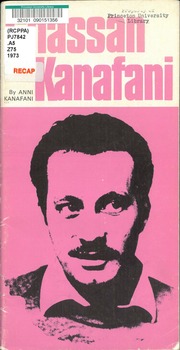
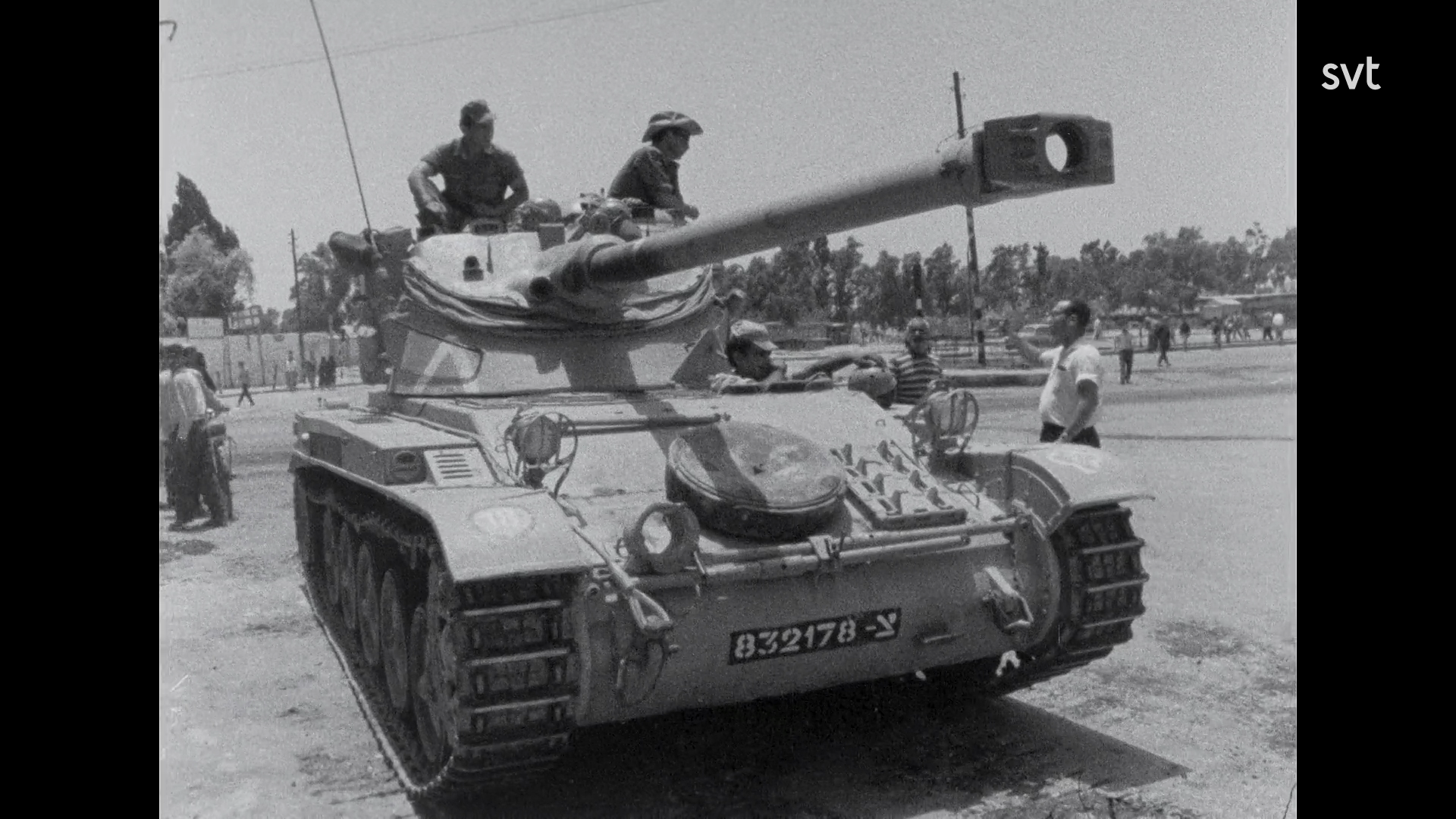
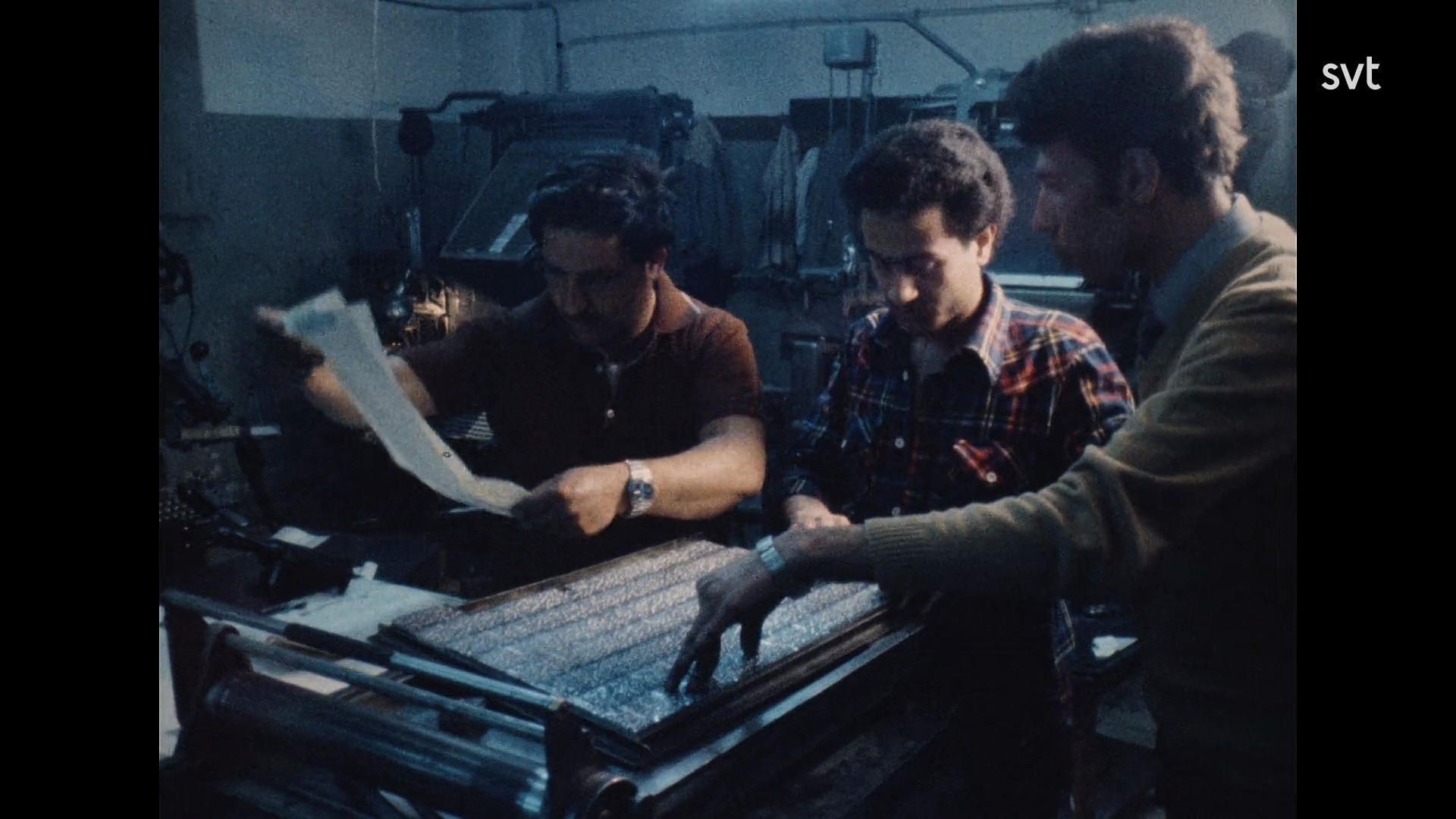
Images courtesy of SVT.
The worst defeat lies in language. When we have lost a way of speaking and representing, and it is replaced by that of the enemy, it is the end. This applies to cinema and it applies to Palestine. The other day, several people on my Twitter feed shared a Sky News video where a Palestinian journalist criticized the way news related to the Israeli attack is reported. But aside from the fact that the American program's language was perverse, there was another, even deeper problem: the Palestinian journalist, supposedly a native, expressed herself in very similar terms. Her gestures and words were those of someone completely colonized by the communication methods of the American media. This journalist, who spoke in perfect English, seemed to have attended an American university and crafted her speeches as if she were just another guest on this type of program, as if she were speaking more to the viewer of that program than to explain the situation from a Palestinian perspective.
"I'm looking for the Trojan poet," says Darwish in Notre Musique (2004). The final triumph of imperialism comes when the poets of the conquerors praise the defeated on the other side. Notre Musique is the film that best reflects this drama. The entire film is a non-stop wandering through the ruins of a city under reconstruction, in search of something that speaks to us firsthand about what happened there: the library of Sarajevo, the bridge of Mostar. And trying to contradict the language of domination. With Goytisolo, the son of the failed Spanish republic who witnessed the Bosnian war firsthand. With Darwish, the Palestinian poet. They converge in that metaphorical space, purgatory, with the American Indians, the first victims of US imperialism. Time doesn't exist ("the Sumerians use 'before' to refer to after"); what exists is the Godardian montage of bringing two seemingly separate images together to create a relationship: Cary Grant and Rosalind Russell, Israel and Palestine.
And the film embraces its own contradictions. Godard doesn't attempt to falsify or put himself in the victim's shoes. He attempts to view her from his privileged distance, perhaps for this reason he himself is the protagonist/observer of what happens there, and it's not even he, directly, who quotes Lévinas, but the Jewish journalist who defends the Palestinian cause, even more aggressively than Darwish. But it's the two protagonists, Judith and Olga, in search of reconciliation, who exercise this violence of language, of the colonizer who does even more than the colonized. Olga dies asking the kidnapped Israelis to die with her in defense of peace, but no one accompanies her. Godard shows this extreme gesture with extraordinary ambivalence, infinitely nuanced. From the irony of the useless sacrifice to the shock provoked by the end of a life. And Godard creates one of the most extraordinary moments in his cinema: the interlinking of two tracking shots, from the first filming the flowers in the garden of the filmmaker's house, from which we jump to the flowers in the forest in Olga's video. This communion that is created between two people amidst analogous camera movements creates not only a moment of great beauty, but a relationship that only cinema and editing allow, one that literature could not possibly explain because it would define, frame, and delimit something that belongs to the realm of evidence. Because, as Godard points out elsewhere, it would take us from the realm of the visual to the realm of the text. From an anonymous ruined castle to Hamlet's castle. From uncertainty to certainty.
(…)
Also the failure of cinema as an idea. Isn't cinema also a victim of imperialism? One only has to look at the total standardization of filmmaking we experience today. As with the Palestinian journalist I mentioned earlier, in cinema we see the emergence of a new idea of national cinema, where filmmakers who study at expensive film schools in the US or Europe return to their countries to shoot native films, but under the narrative and emotional standards of the invading country. What is culturally their own becomes an anecdote. And on top of that, this way of making films is celebrated, while filmmakers like Godard, Nestler, Oliveira, and Schroeter (filmmakers especially concerned with forms of representation alien to the institutional imperialist model) are considered old Westerners. Or as filmmakers who make bad films because we interpret them from the perspective of the dominant industrial model. One only has to look at the current situation, where films by Scorsese and Erice are celebrated, subservient to their respective production models, and praised only for anecdotal details that have little or nothing to do with cinema. The space for a cinema that doesn't accept these models is increasingly diminishing, condemned to precarious spaces or alien to what film exhibition has traditionally been. Treated as mere curiosities and not as something that should be the center of attention.
- Notre Musique review by migblah, Letterboxd, 21 October 2023 (translated to English with Google)
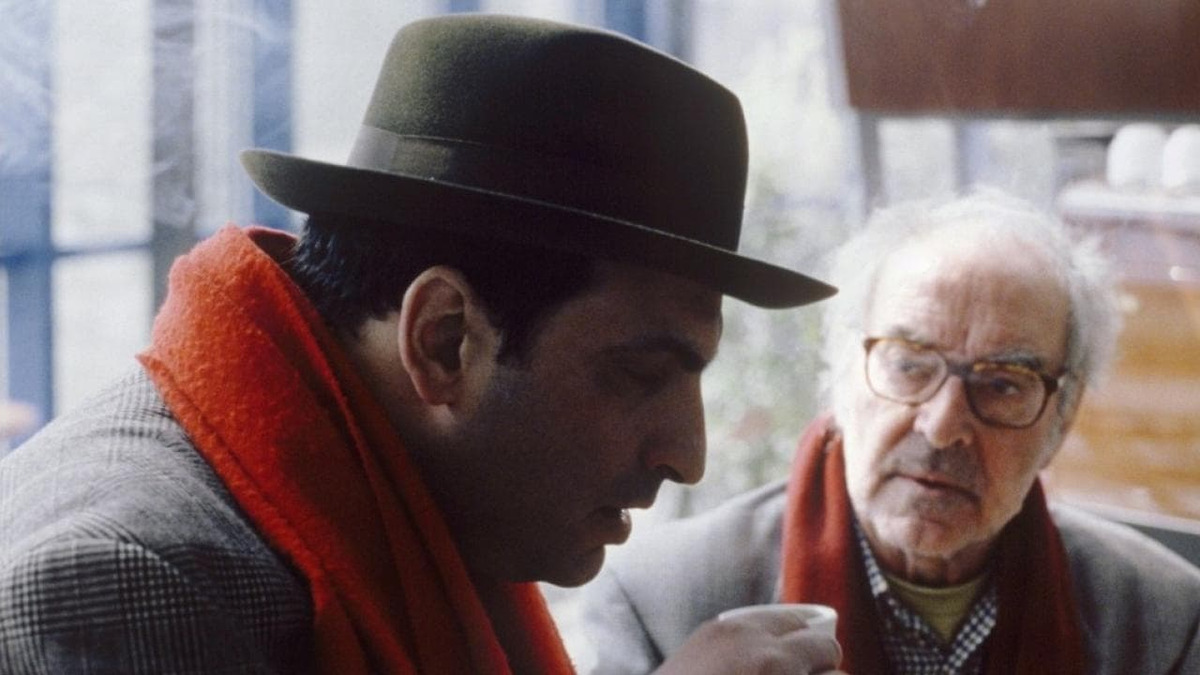
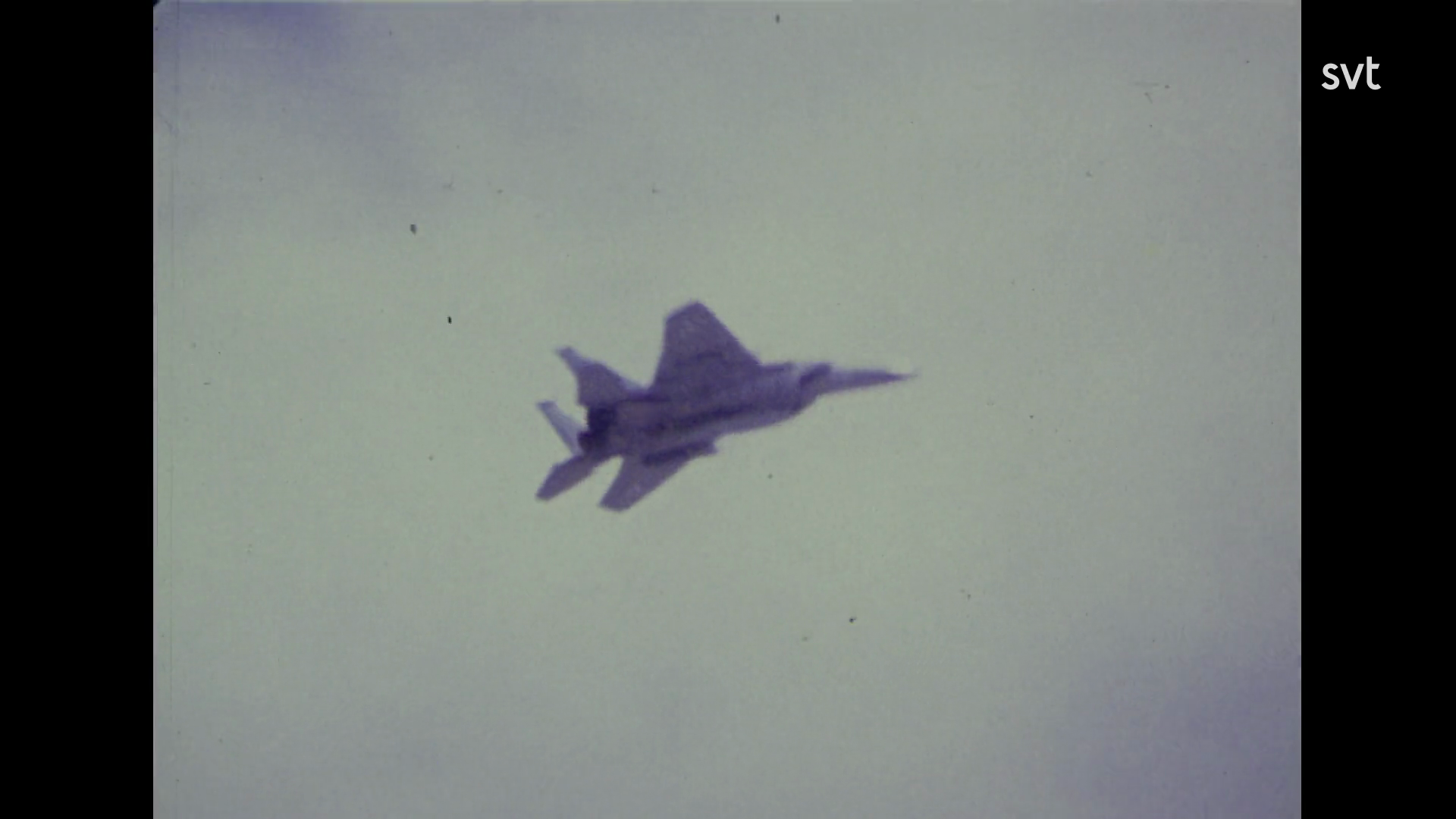
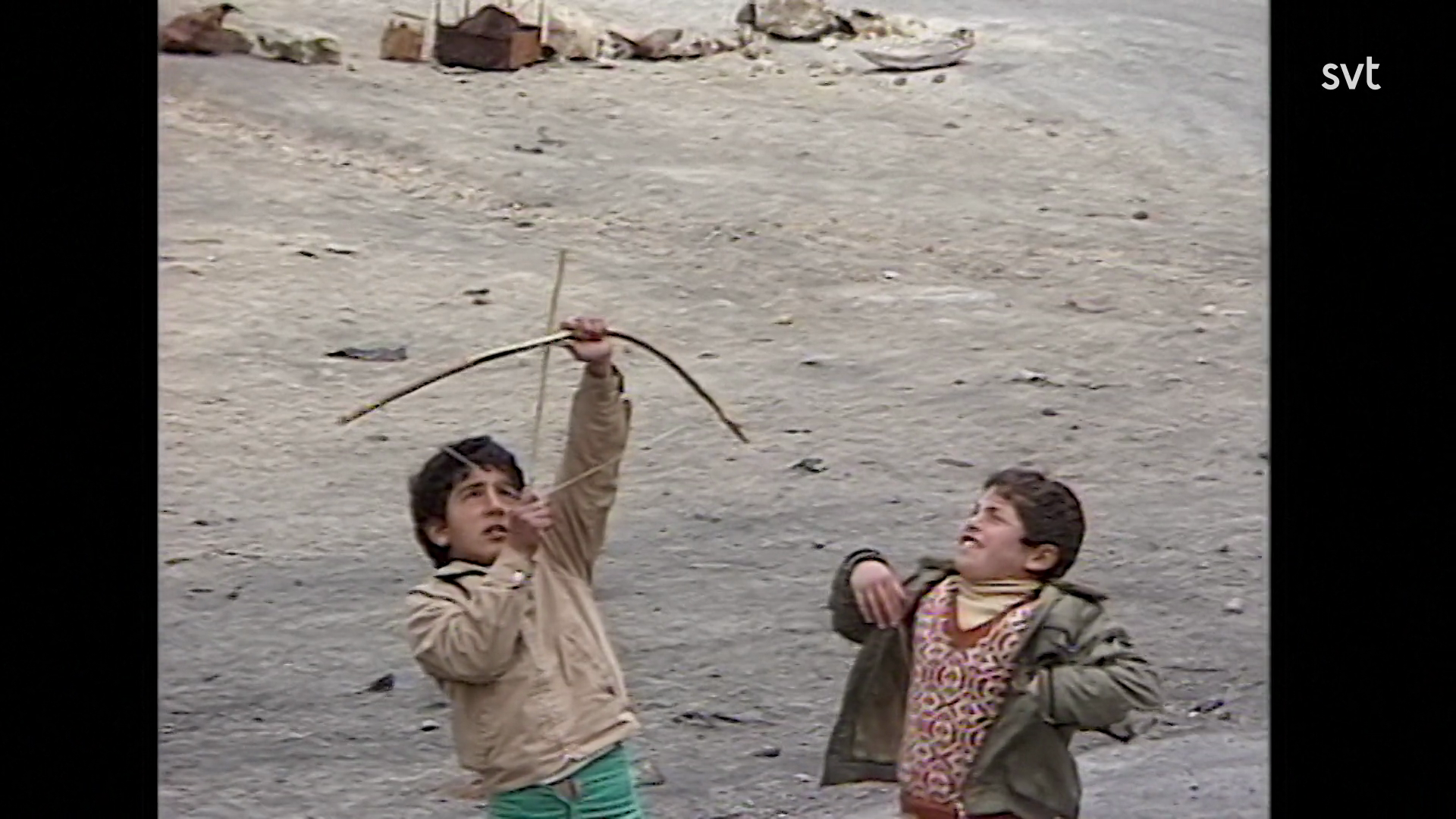
Images courtesy of SVT.
For too long, Arab cinema has been drowning in subjects that do not engage with reality or deal with it in a superficial fashion. Over time, this has created habits within Arab viewers that have constrained their consciousness, and, as a consequence, distanced them from the pressing issues they face from the imperialist Zionist enemy and the Arab reactionary.
Throughout Arab film history, serious, ambitious attempts to express reality have emerged, but rapidly disappeared under the yoke of the cinematic monopoly, which has consciously and vigilantly labored to prevent the establishment of a purposeful Arab cinema. Nevertheless, the evolving political events have necessitated a new cinema, although its level of ambition has not matched that of the events themselves. Most efforts were reformist in content and burdened by the legacy of traditional film form. Notwithstanding, the depth of the wound exacted by June 1967 brought to the fore young talents with confidence in the masses, who spurred them to making films bearing the characteristics and advantages of alternative cinema in both form and content. These films discussed the defeat, reflected the steadfast position of our people, and spoke boldly about the Palestinian cause and the armed resistance waged by the Palestinian Arab people.
Hence the importance of Palestinian cinema and the necessity to develop it so that it can competently stand with the courageous fighters, reflect the truth of the cause, depict the stages of the Palestinian Arab people’s struggle to liberate their land, reflect the past and present, and look ahead to the future. Such a cinema should grow out of organized collective efforts because individual initiatives, no matter how great, remain limited. Therefore, we who are interested in cinema, literature, and the intellect, the authors of this manifesto, have found it important to assemble an organization called the Palestinian Cinema Group, which operates according to the following principles:
1. The main objective of this group is to produce Palestinian film committed to the cause and goals of the Palestinian revolution, stemming from the Arab context and with progressive, democratic content.
2. To work towards alternative cinematic form that functions dialectically with content.
3. The Group dedicate their expertise and output to the service of the Palestinian revolution and the cause of the Palestinian Arab people.
4. The Group consider themselves one of the institutions of the Palestinian and Arab revolution in whose goals they hold, given that their funding derives from agreements struck with Palestinian or Arab entities. They invite the Palestinian National Fund or its delegates to audit their finances once they start work.
5. The Group are headquartered in the PLO Research Center in Beirut.
6. The Group have formulated a plan of action and internal regulation to govern their internal and external relations.
7. The practical objectives they seek to achieve are:
• With regard to production: to make revolutionary films that will mobilize the masses for the revolution and acquaint the world with the struggle of our people and our cause.
• Documentation: to create a film library—an archive—bringing together moving and still images which depict the struggle of our people and the stages of development of its cause.
• Cooperation: to strengthen relationships with revolutionary and progressive film groups around the world, to represent Palestine in film festivals, and to provide available film facilities to all allies working in the interests of the Palestinian revolution.
- Manifesto of the Palestinian Cinema Group: Beirut, Lebanon, 1972, translated by Samiha Khalil and Kay Dickinson

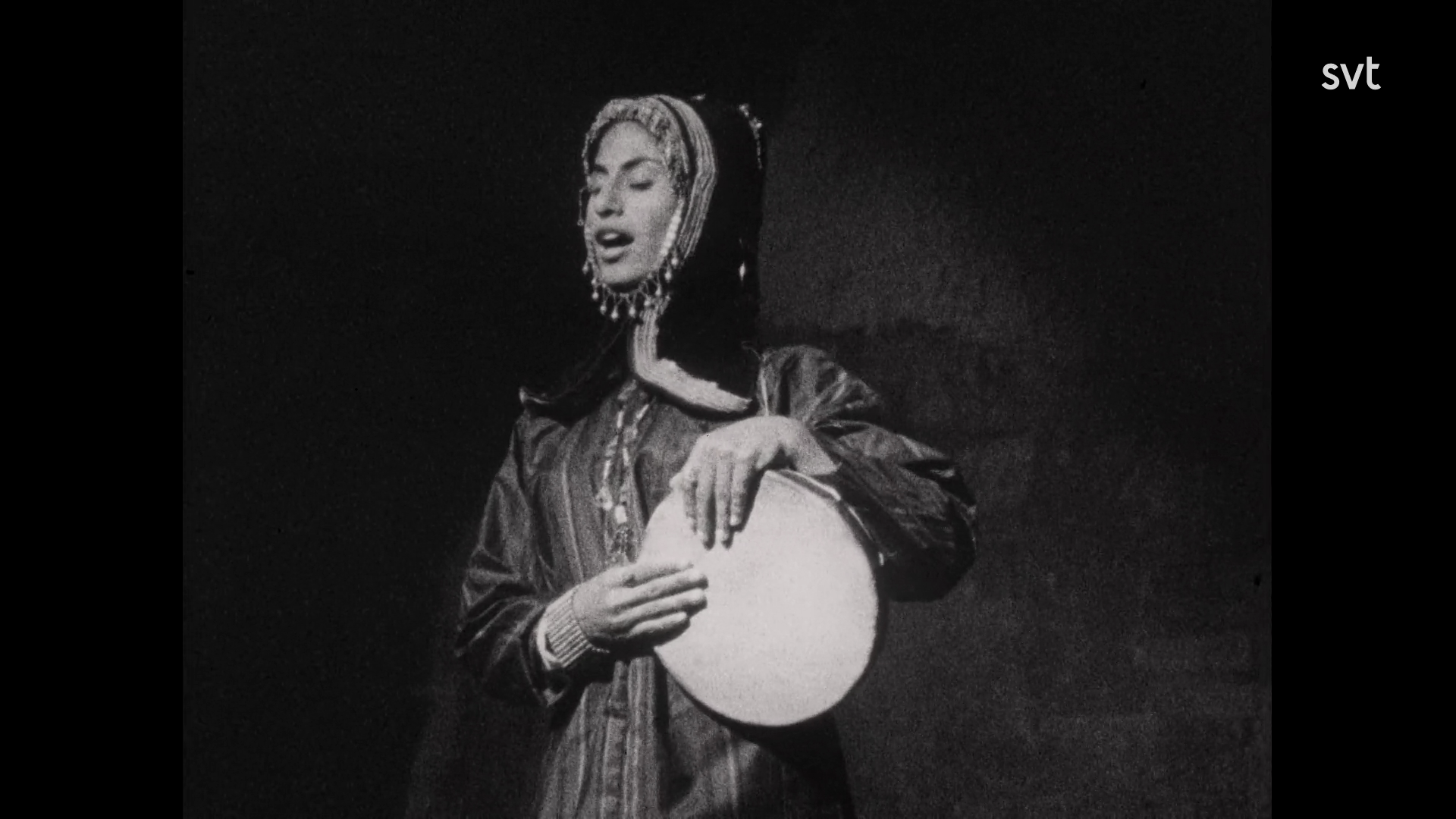
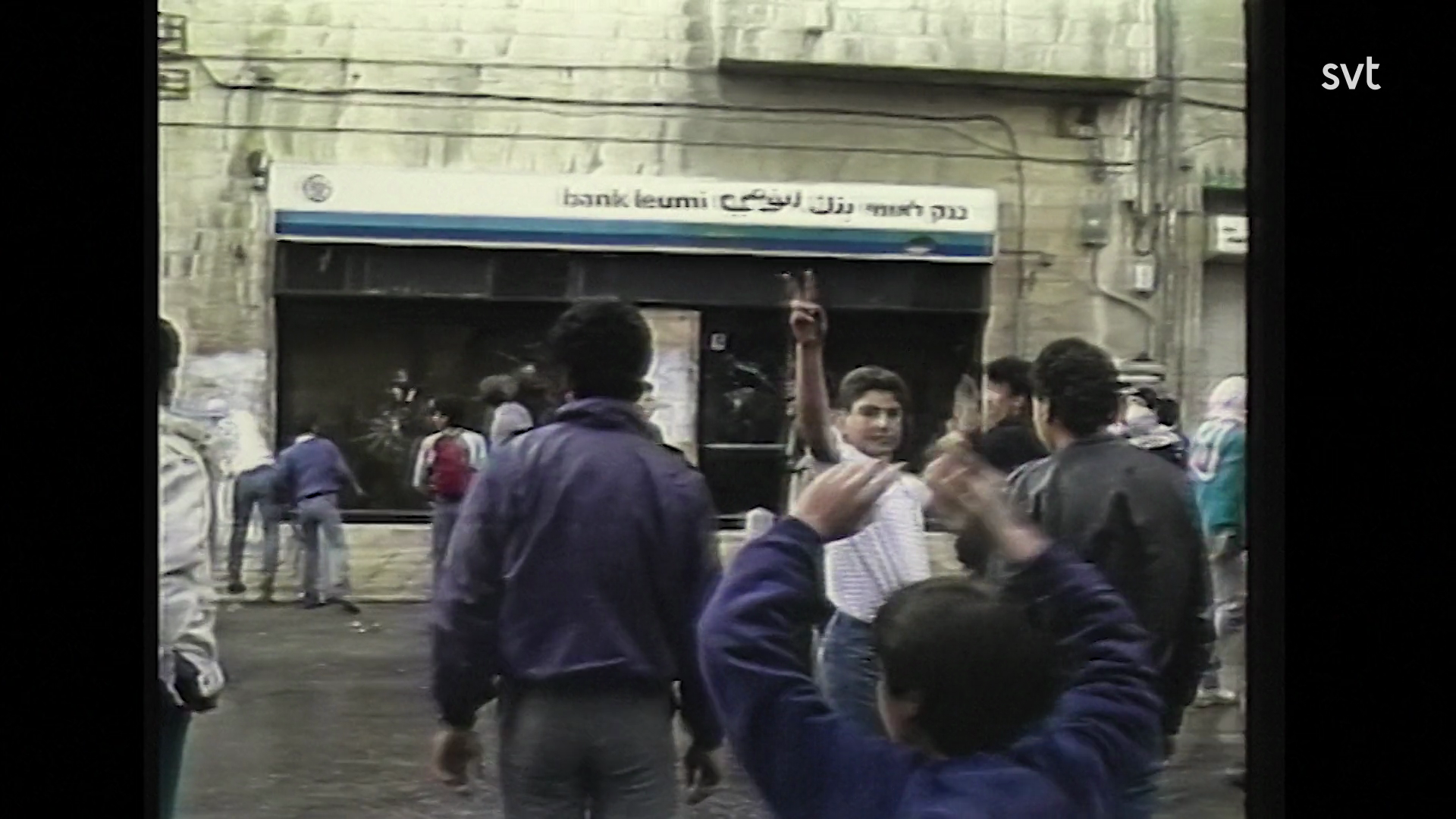
Images courtesy of SVT.
But since today I am interested in criticism, perhaps this will be like live criticism. But live criticism is an everyday reality. To be on set directing a picture is a question of mastering live criticism. You have to make judgments, you have to make decisions, you have to criticize, you have to love and you have to hate on set. And like criticism, you have to do it alone. You have to know how to be alone on set, you have to know how to be alone in the movie theatre or in front of your flat screen. You have to know how to be alone. Cinema was once called a mass art. But look at today, we have shifted from the word mass to social, and art to media. I’m very old fashioned. I choose the mass over the social and art over media. I make cinema, I make film. Of course there was a time when I gave up using the word cinema or trying to find substitutes to clear my mind of the word’s charged history. Pelechian said he sometimes doesn’t use the word montage, and some leftists would rather not use the word communism. And these games with words can be helpful. But you end up coming back, like any number of people who want to get beyond philosophy, like Lacan put it, go beyond Plato, go beyond Descartes and Hegel, and always end up in the same place.
And I want to emphasize this idea of mass art against social media. The term mass is always a radical disconnection — any mass protest isn’t necessary social, it’s the disconnection of any relation to a social predicate, it’s the chance to exist as a mass rather than being counted within a social frame of identity. When directing on a film set there’s something like this too. You have to be disconnected from everyone else, it’s not a question of sociality. And I don’t think criticism is about sociality either. It’s making a judgment among those who count as the masses, which of course, includes yourself. So being part of a mass you’re already splitting from yourself as yourself. It’s not a question of identifying with the masses but identification with a principle, and its the principle which is a short-circuit to identifying with the universal. You are in public with the mass, but as a singular universal subtracted or opposed to one’s substantial identification. The question of the mass is a question of the inconsistent set, a people that has no whole, since, if there is a whole it’s one of identification, of an intensional set.
It’s the historical context that must find its program and its gaps. And art is medium specific. And that medium may even be the impurity of cinema itself, but it’s still a specific impurity. It’s the medium specificity of the immaterial cut, which divides and brings things together, in the case of film. It’s this immaterial cut of the idea that mixes the impurities.
But I wouldn’t promote the sophism that there’s no difference between film criticism and filmmaking. We’ve all seen many critics attempt to make films, but we’ve also seen filmmakers desire to write about film. They’re two different things. And I’m not one of those people who want to denigrate criticism. If you care about art, you care about arts criticism, and if you don’t care about criticism and you are an artist, then in some sense you’re making art for your friends and parents and community, and then maybe we’re in the realm of culture, and not art, which is totally fine but it’s not what I’m interested in. But for some people to say, OK, I will tell you what is and isn’t beautiful, from the beginning of art, to the present — I think it’s a very powerful, important task. It’s a task in our evolution.
- Isiah Medina, Towards a Theory of Film Production: Part 1, 6 December 2021
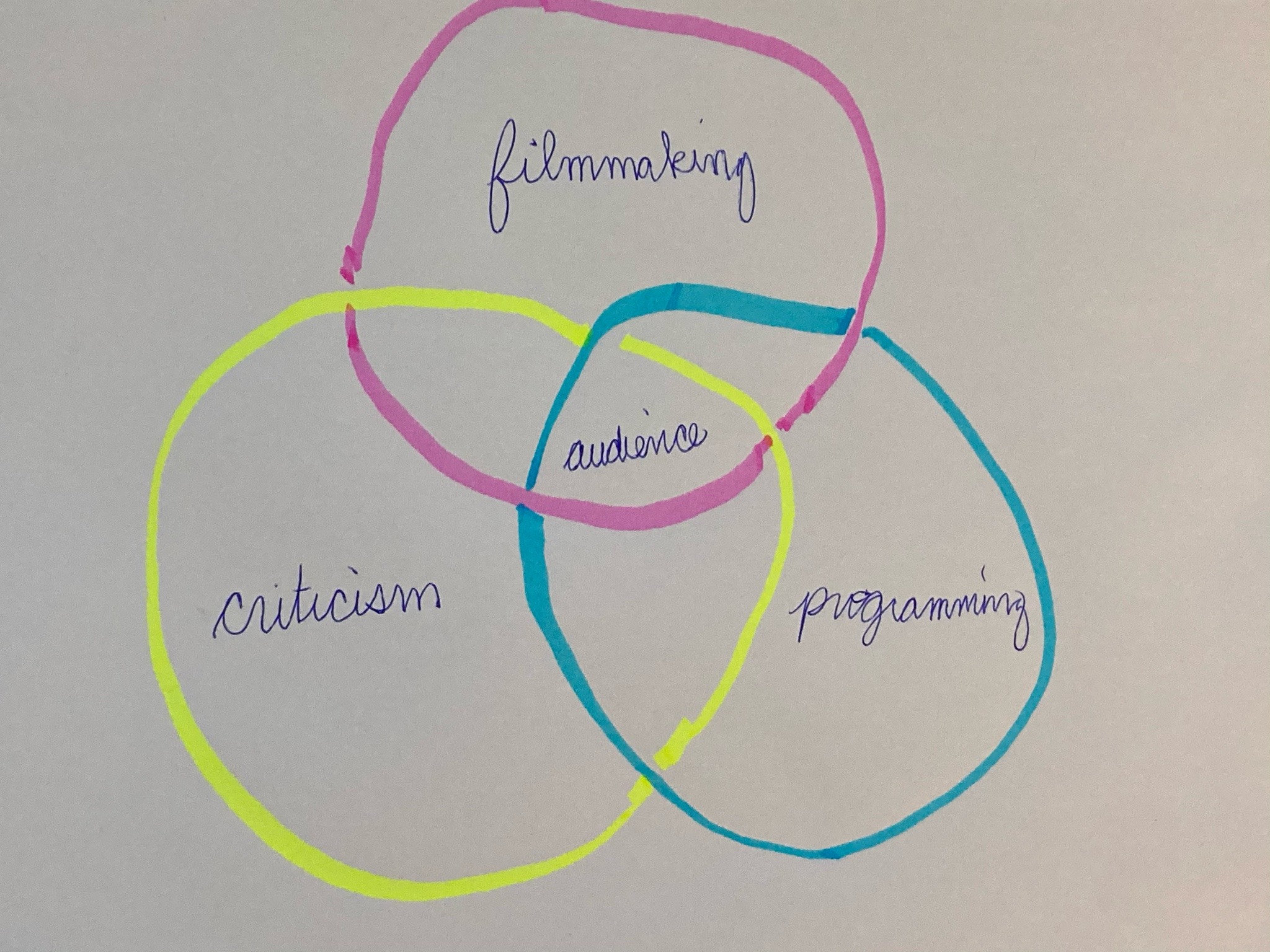
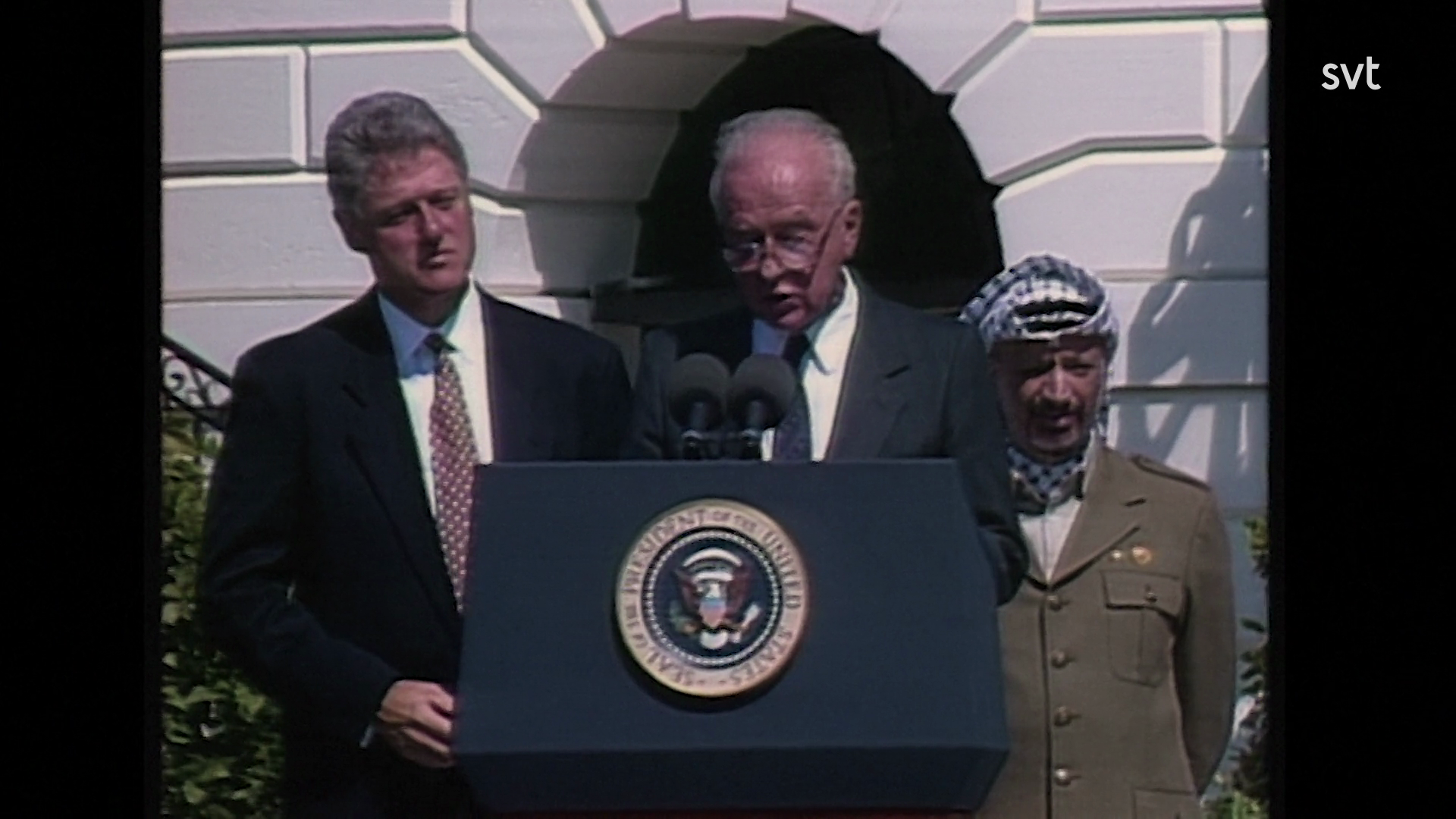
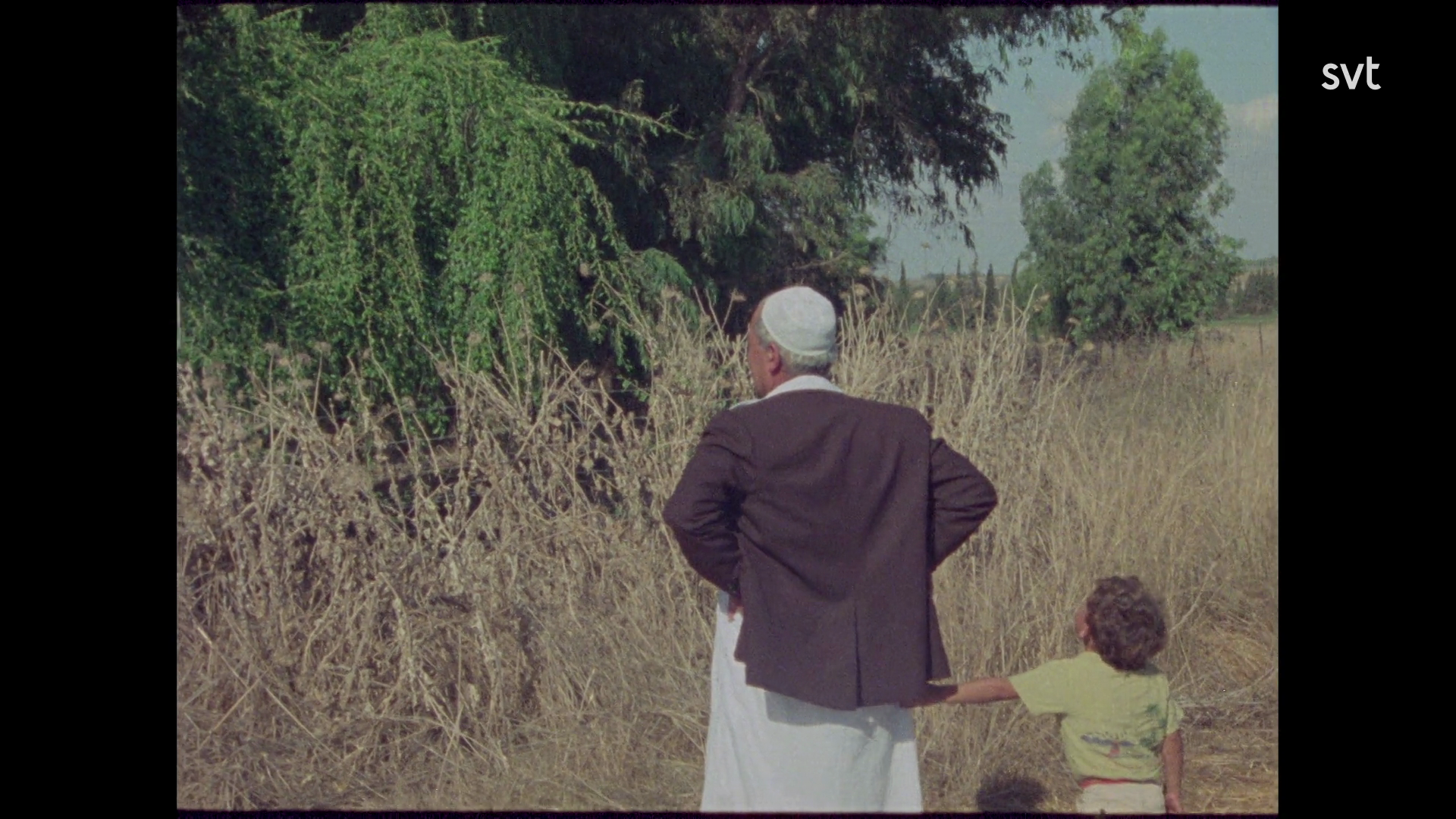
Images courtesy of SVT.
History is the subject of a structure whose site is not homogenous, empty time, but time filled by the presence of the now. [Jetztzeit]*. Thus, to Robespierre ancient Rome was a past charged with the time of the now which he blasted out of the continuum of history. The French Revolution viewed itself as Rome incarnate. It evoked ancient Rome the way fashion evokes costumes of the past. Fashion has a flair for the topical, no matter where it stirs in the thickets of long ago; it is a tiger’s leap into the past. This jump, however, takes place in an arena where the ruling class give the commands. The same leap in the open air of history is the dialectical one, which is how Marx understood the revolution.
*Benjamin says 'Jetztzeit' and indicates by the quotation marks that he does not simply mean an equivalent to Gegenwart, that is, present. He clearly is thinking of the mystical nunc stans.
(...)
A historical materialist cannot do without the notion of a present which is not a transition, but in which time stands still and has come to a stop. For this notion defines the present in which he himself is writing history. Historicism gives the ‘eternal’ image of the past; historical materialism supplies a unique experience with the past. The historical materialist leaves it to others to be drained by the whore called ‘Once upon a time’ in historicism’s bordello. He remains in control of his powers, man enough to blast open the continuum of history.
Historicism rightly culminates in universal history. Materialistic historiography differs from it as to method more clearly than from any other kind. Universal history has no theoretical armature. Its method is additive; it musters a mass of data to fill the homogeneous, empty time. Materialistic historiography, on the other hand, is based on a constructive principle. Thinking involves not only the flow of thoughts, but their arrest as well. Where thinking suddenly stops in a configuration pregnant with tensions, it gives that configuration a shock, by which it crystalizes into a monad. A historical materialist approaches a historical subject only where he encounters it as a monad. In this structure he recognizes the sign of a Messianic cessation of happening, or, put differently, a revolutionary chance in the fight for the oppressed past. He takes cognizance of it in order to blast a specific era out of the homogenous course of history—blasting a specific life out of the era or a specific work out of the lifework. As a result of this method the lifework is preserved in this work and at the same time canceled**; in the lifework, the era; and in the era, the entire course of history. The nourishing fruit of the historically understood contains time as a precious but tasteless seed.
**The Hegelian term 'aufheben' in its threefold meaning: to preserve, to elevate, to cancel.
- Walter Benjamin, On the Concept of History, 1940
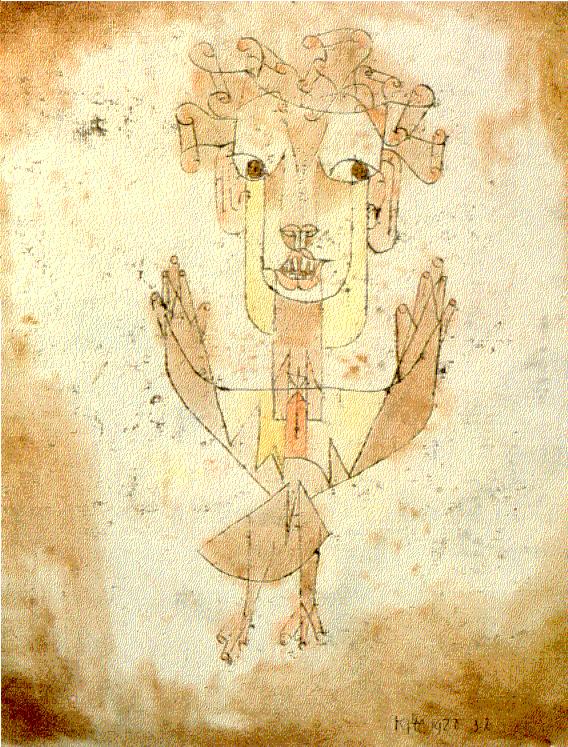
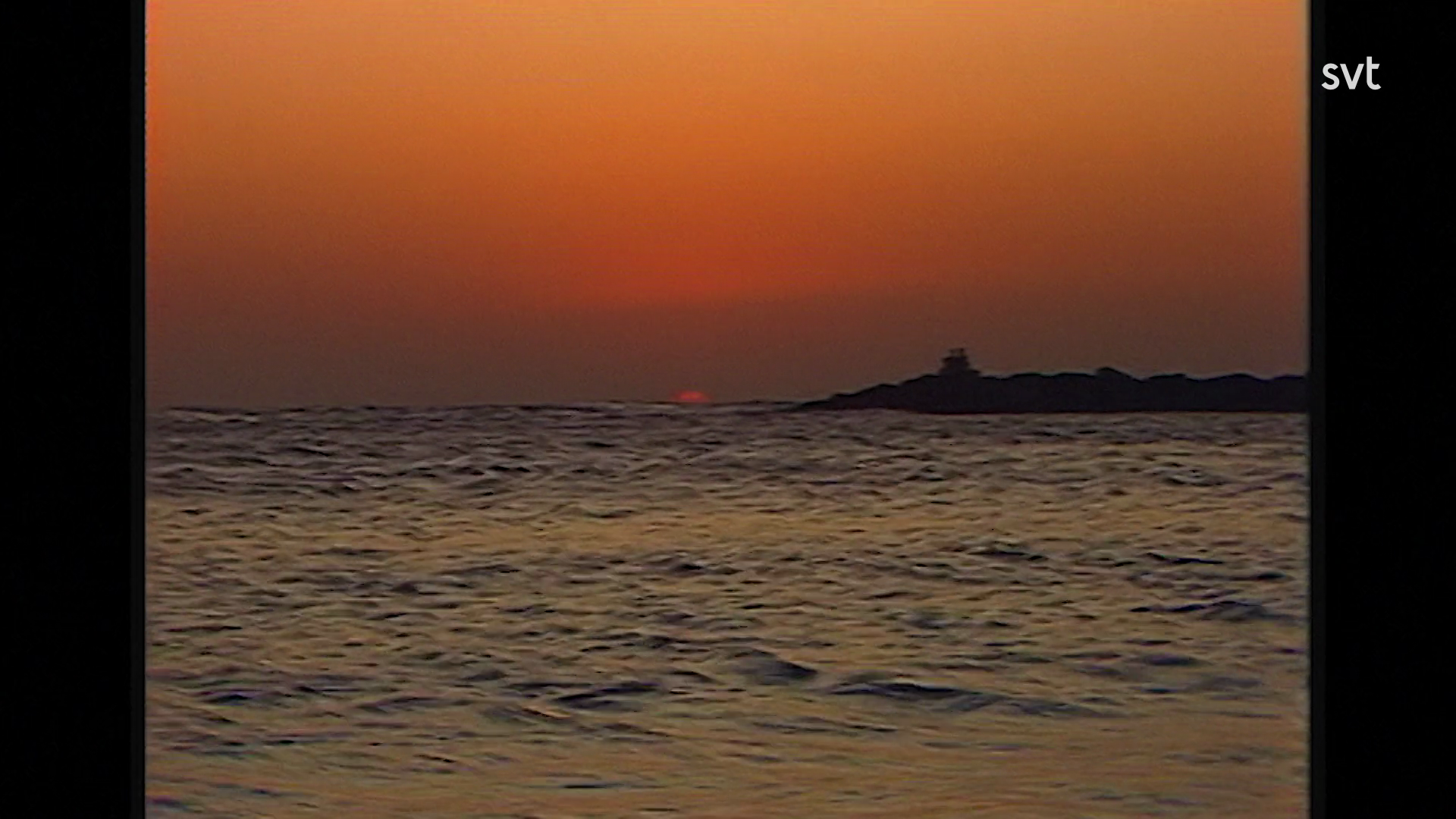
DIALECTICS IS A PRIORI, EXPLODE EVERYTHING.
A PRIORI IS DIALECTICAL, EVERYTHING IS EXPLOSIVE.
YOU CAN WATCH ISRAEL PALESTINE ON SWEDISH TV 1958-1989 FOR FREE ON SOLIDARITY CINEMA.
THIS IS A MONTAGE OF VARIOUS SELECTED TEXTS CURATED BY TREVOR.
THIS IS NOT A FILM REVIEW.
Israel Palestine on Swedish TV | Trailer | NZIFF25
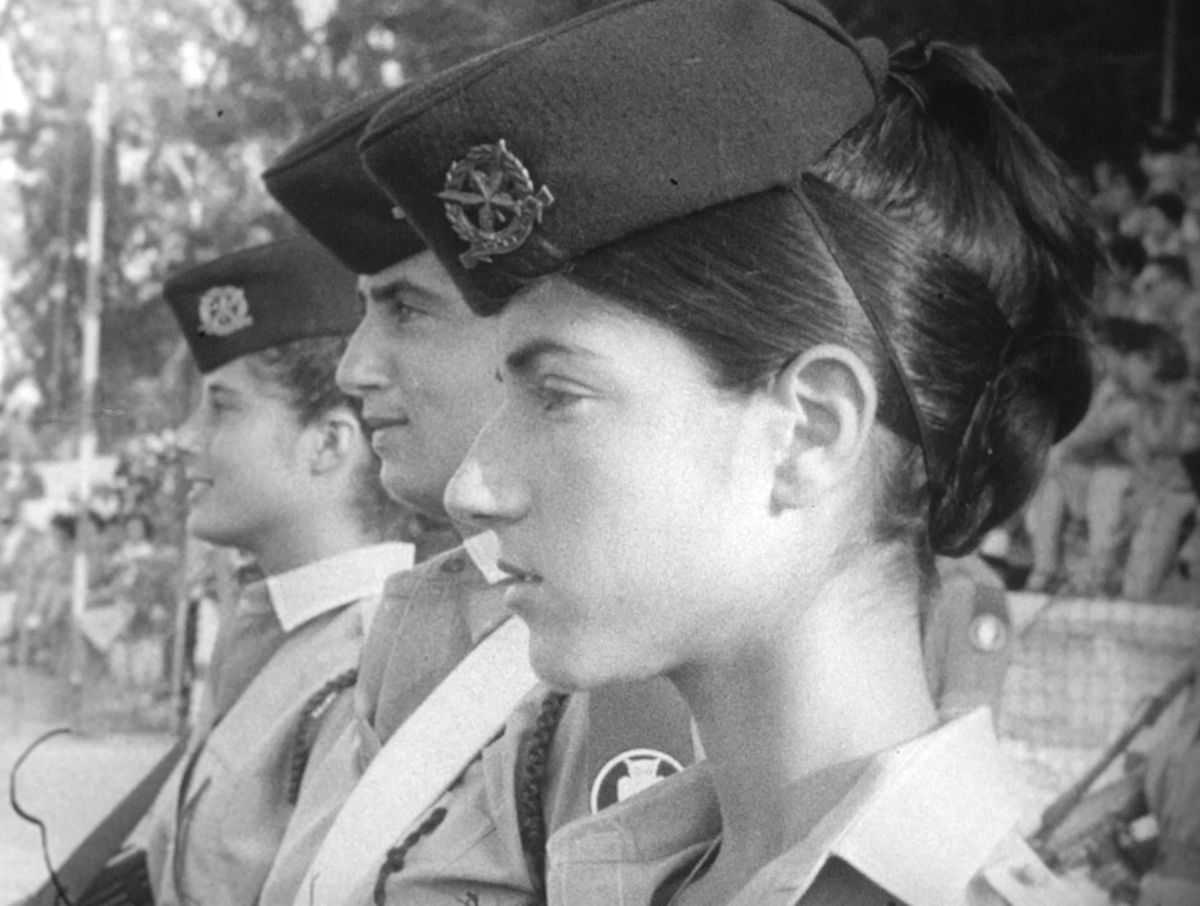
Follow our Letterboxd and Instagram to get live updates and reviews directly from our dedicated student team of film aficionados <3
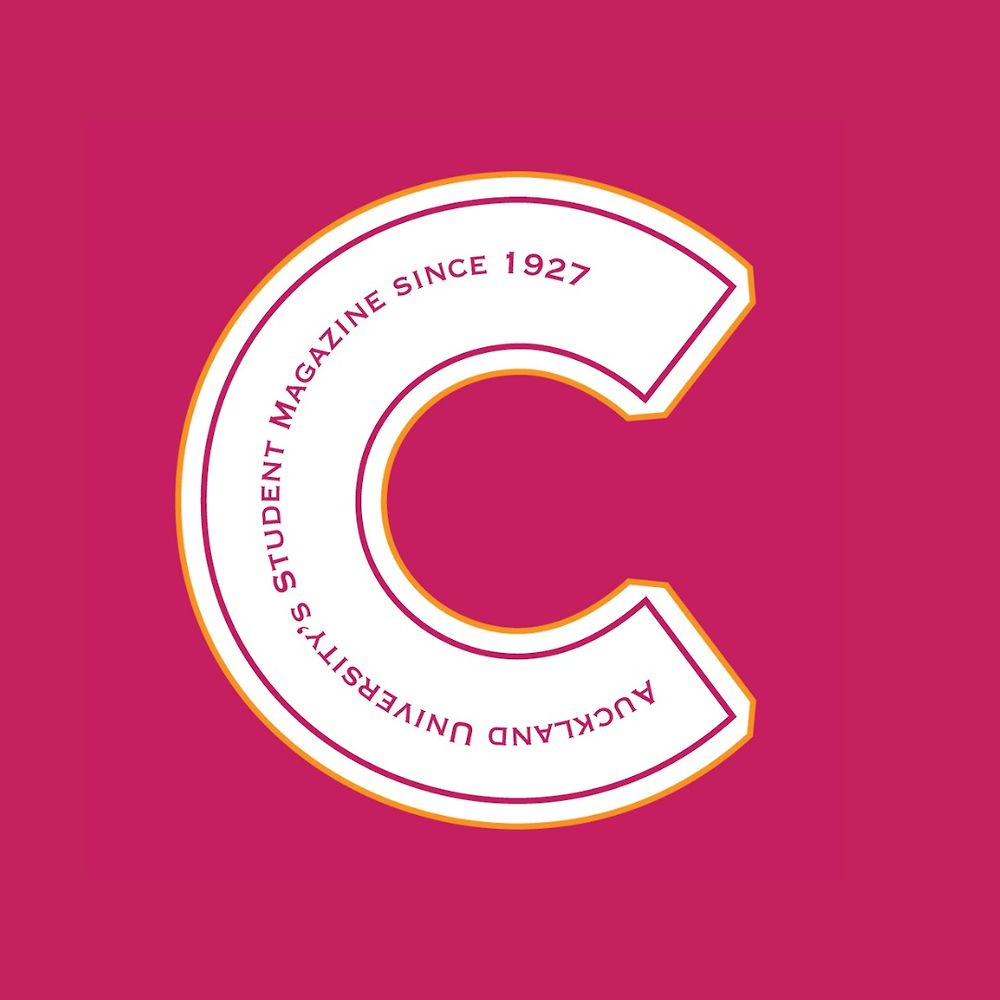
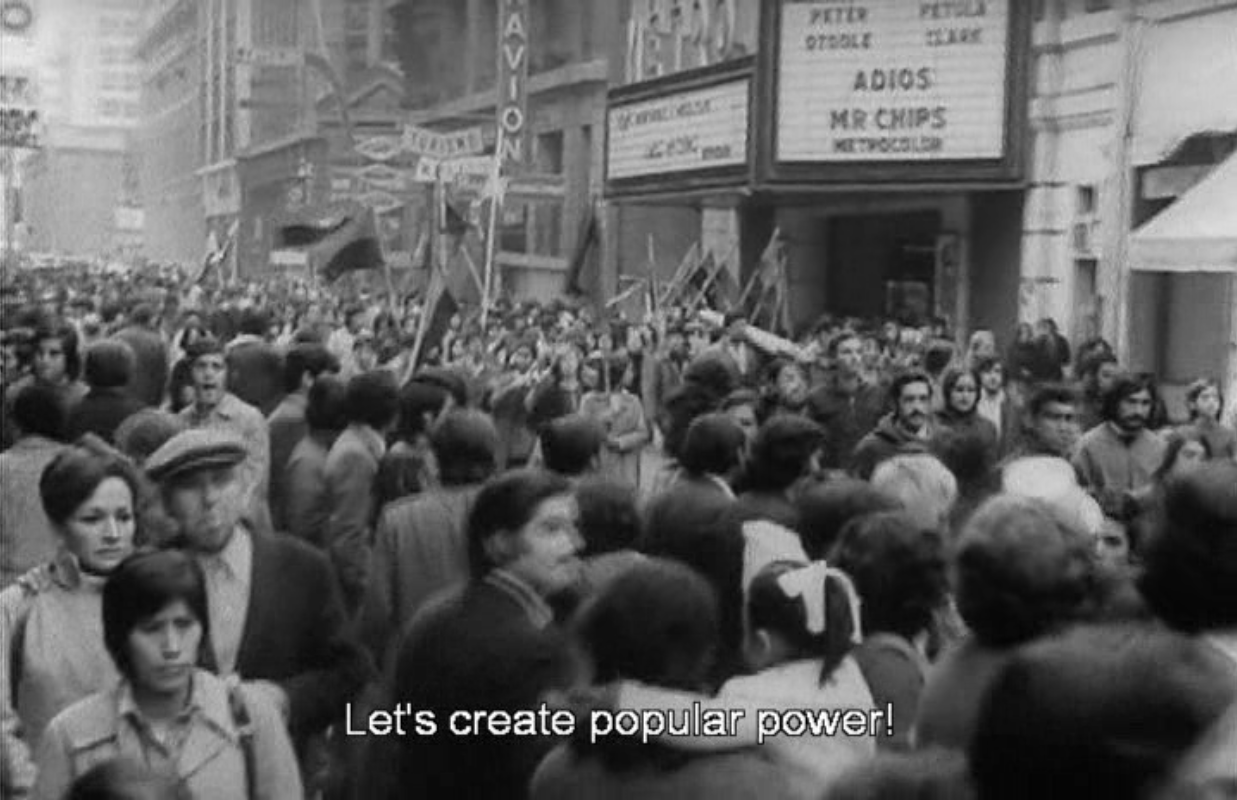
You can watch Israel Palestine on Swedish TV 1958-1989 for free on Solidarity Cinema.
Disclaimer
The views and opinions expressed in Craccum are those of individual contributors and do not necessarily reflect those of the editorial team or the publication as a whole. While we aim to ensure accuracy and fairness, Craccum cannot guarantee the complete reliability of all information presented and assumes no liability for errors or omissions.
















